Dr. Andrew Huberman - Dr Jordan B Peterson - Neuroscience Meets Psychology | | EP 296
Last updated: May 17, 2023
Dr. Jordan B Peterson and Dr. Andrew Huberman discuss neurology and how humans and animals react to specific stimuli, including the relationship between anxiety and exploratory behavior.
The video is a conversation between Dr. Jordan B Peterson and Dr. Andrew Huberman, a neuroscientist and tenured associate professor at Stanford University School of Medicine.
They discuss the relationship between neurology and psychology, specifically how humans and animals react to specific stimuli.
Dr. Huberman explains his work on the autonomic nervous system and how it controls automatic bodily functions.
They also touch on topics such as anxiety and exploration, and the neural basis of different behavioral and emotional responses.
Dr. Huberman's lab uses state-of-the-art investigative tools to study brain development, plasticity, and neural regeneration and repair.
They also discuss Dr. Huberman's podcast, which focuses on neuroscience and other scientific topics.
- Dr. Andrew Huberman is a neuroscientist and tenured associate professor at Stanford University.
- His lab focuses on brain development, plasticity, and neural regeneration and repair fields.
- Dr. Huberman launched the Huberman Lab podcast in January 2021, which concentrates on neuroscience and other scientific topics.
- Dr. Huberman discusses the relationship between anxiety and exploratory behavior.
- Epinephrine is manufactured from the molecule dopamine, which is the basis of all energy, including thinking.
- The autonomic nervous system controls vegetative functions below our conscious awareness.
- Stress and anxiety can cause changes in digestion and heart rate.
- There are ways to voluntarily adjust the seesaw of the autonomic nervous system to be more tilted towards alert or asleep.
- The insula and prefrontal cortex are both intimately involved in establishing which rules are appropriate for a given situation.
Neuroscience Meets Psychology | Dr. Andrew Huberman | EP 296 Dr Jordan B Peterson - YouTube

Introduction
- Dr. Andrew Huberman is a neuroscientist and tenured associate professor in the department of neurobiology at the Stanford University School of Medicine.
- His lab focuses on brain development, plasticity, and neural regeneration and repair fields.
- They investigate how the brain works, how it changes through experience, and how it repairs itself.
- Dr. Huberman launched the Huberman Lab podcast in January 2021, which concentrates on neuroscience and other scientific topics.
- He and his colleagues have worked to discover strategies for halting and reversing vision loss in blinding diseases and understanding how visual perceptions and autonomic arousal states are integrated to impact behavioral responses.

Anxiety and Exploratory Behavior
- Dr. Huberman discusses the relationship between anxiety and exploratory behavior.
- He describes exploratory behavior as something approximating courageous approach.
- He explains that the autonomic nervous system controls automatic functions such as digestion and urination.
- He mentions that the autonomic nervous system is immensely complex and controls all the things that are too complex for us to think through.
- Dr. Huberman and his lab are doing equivalent experiments in humans in partnership with people in Psychiatry.
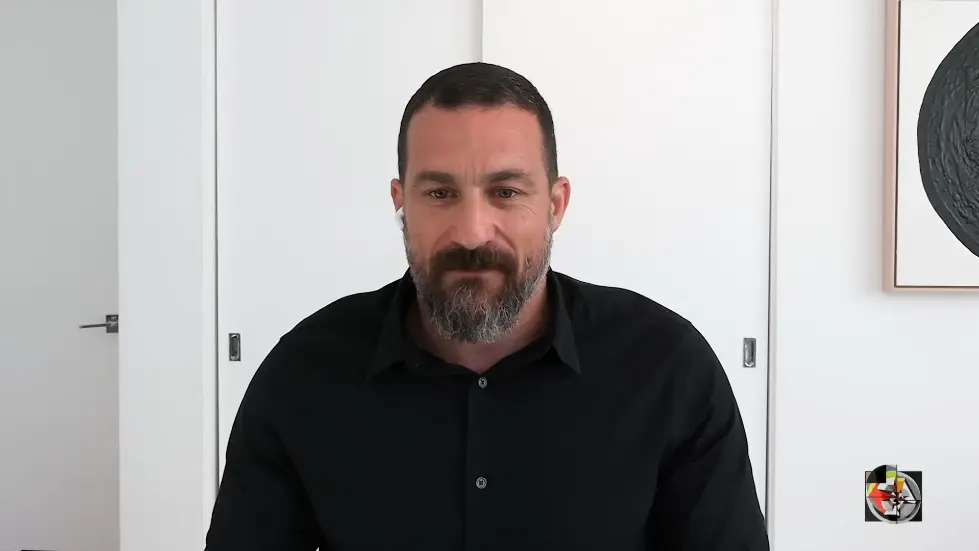
The Biochemical Cascade
- Dr. Huberman explains that epinephrine, which is also adrenaline, is manufactured from the molecule dopamine.
- He mentions that dopamine is converted into adrenaline, which is the basis of all energy, including thinking.
- He explains that completing things in the immediate environment from start to finish and closing the dopaminergic loop are at least micro-narratives.
- He suggests that if one is lost, they can look around and see what direction they could take locally to fix something.
- Dr. Huberman wrote about this in his first book, particularly about putting your life and house in perfect order.
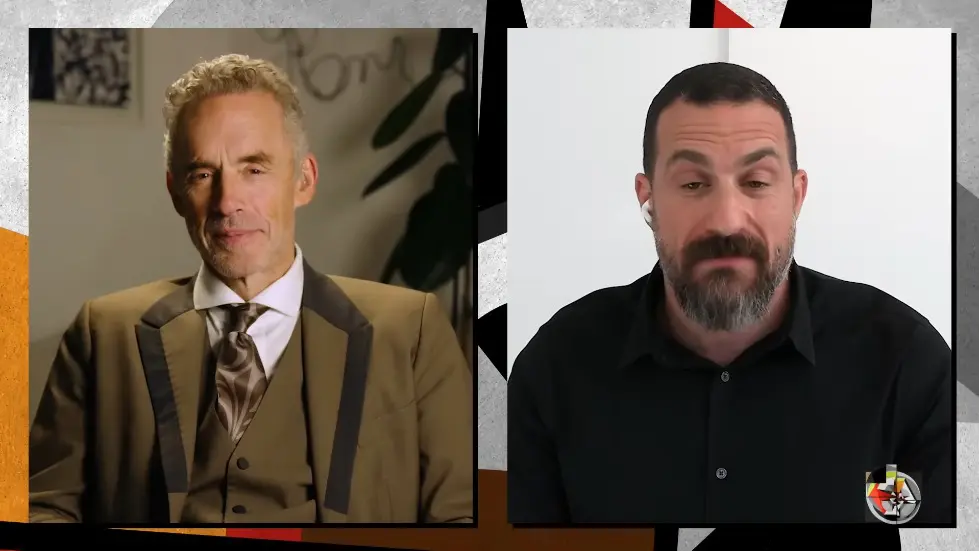
Neuroscience Meets Psychology | Dr. Andrew Huberman | EP 296 Dr Jordan B Peterson - YouTube
The Huberman Lab Podcast
- Dr. Huberman launched the Huberman Lab podcast in January 2021, which concentrates on neuroscience and other scientific topics.
- The podcast has attracted 1.5 million subscribers and is a detailed scientific podcast.
- Dr. Jordan B Peterson and Dr. Andrew Huberman discuss neurology and how humans and animals react to specific stimuli.
- They discuss the relationship between anxiety and exploratory behavior.
- Dr. Huberman explains the nature of neural mechanisms controlling light-mediated activation of the Circadian and autonomic arousal centers in the brain and mediating conscious Vision or sight.
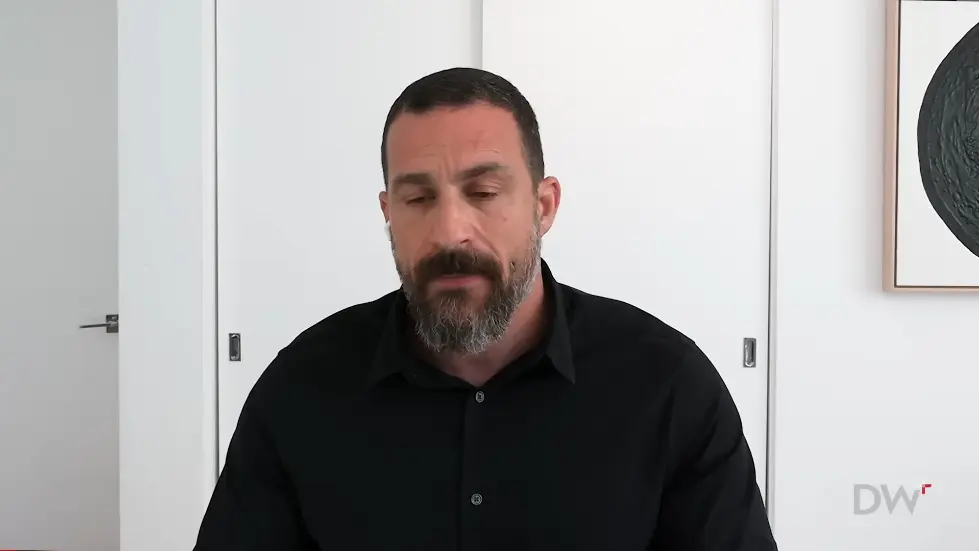
Autonomic Nervous System
- The autonomic nervous system controls vegetative functions below our conscious awareness.
- It includes heart rate, gut, and rate of breathing.
- The brain interprets mechanical and chemical signaling from the body.
- The autonomic nervous system is a continuum between alertness and calmness.
- Anxiety and exploration depend on the balance between the alertness and calmness system.
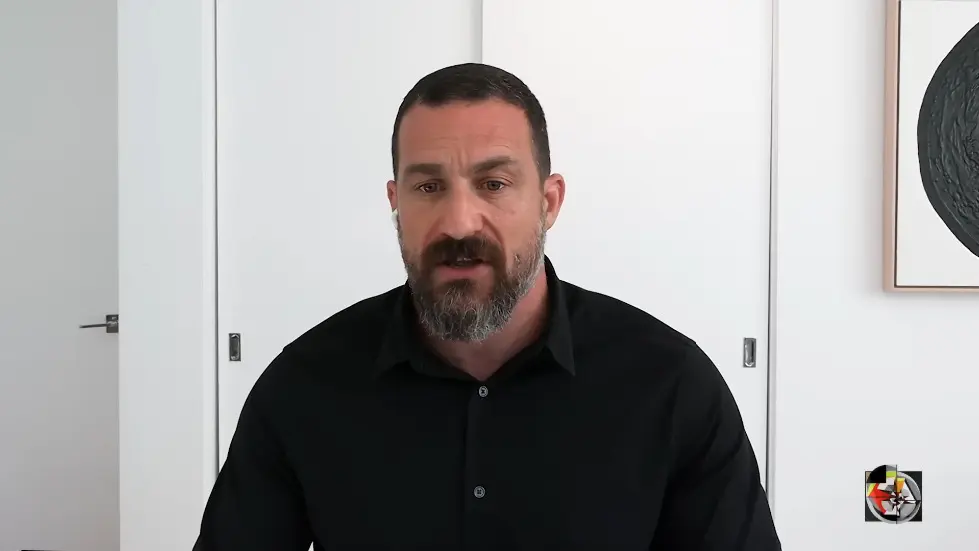
Interpretation of Signals
- One's interpretation of autonomic signals is relevant to anxiety and exploration.
- Nodes of control are in the middle of the seesaw model.
- Many people find their overall level of autonomic arousal inappropriate or inadequate for the demands of their life.
- Both over-energized and under-energized phenotypes originate within the autonomic nervous system.
- The hinge in the middle of the seesaw is dysregulated in these cases.
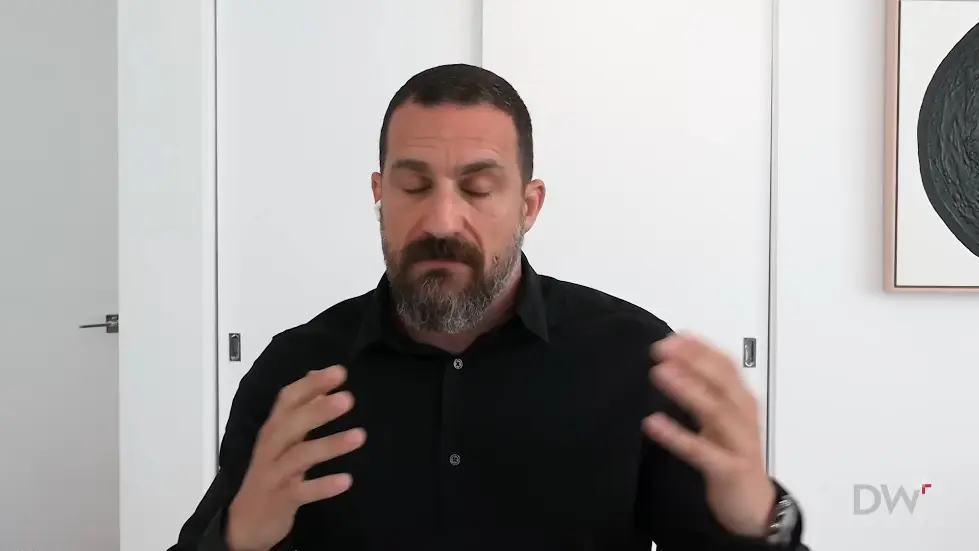
Stress and Anxiety
- Stress and anxiety can cause changes in digestion and heart rate.
- People can't control these functions in a conscious way.
- Stress and anxiety can cause inappropriate or inadequate autonomic arousal.
- Stress and anxiety can cause panic attacks and racing heart rates.
- Stress and anxiety can cause exhaustion and difficulty leaning into daily pressures.
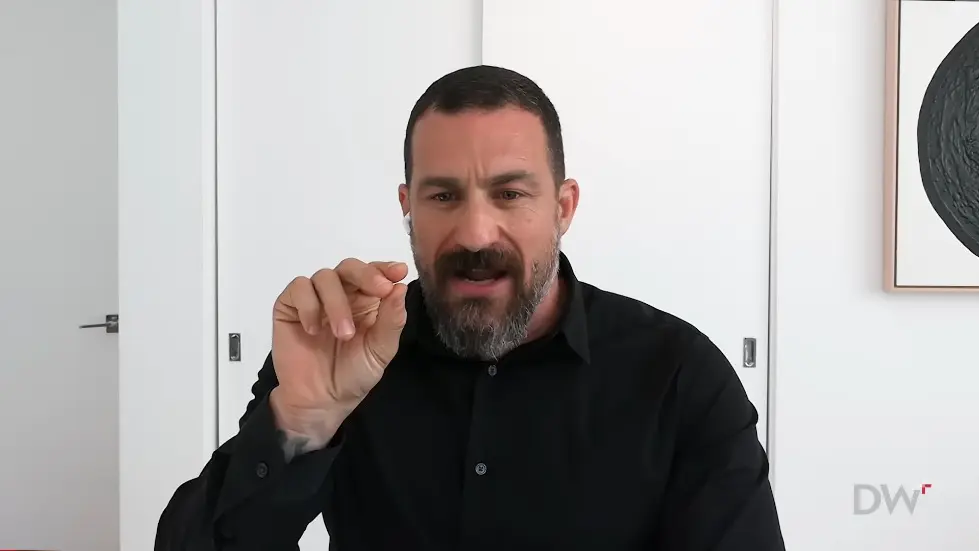
Control of Autonomic Nervous System
- There are ways to voluntarily adjust the seesaw to be more tilted towards alert or asleep.
- Practices like meditation and breathing exercises can help regulate the autonomic nervous system.
- Exercise and exposure to stressors can also help regulate the autonomic nervous system.
- Psychotherapy can help people learn to interpret and regulate autonomic signals.
- Pharmacological interventions can also be used to regulate the autonomic nervous system.
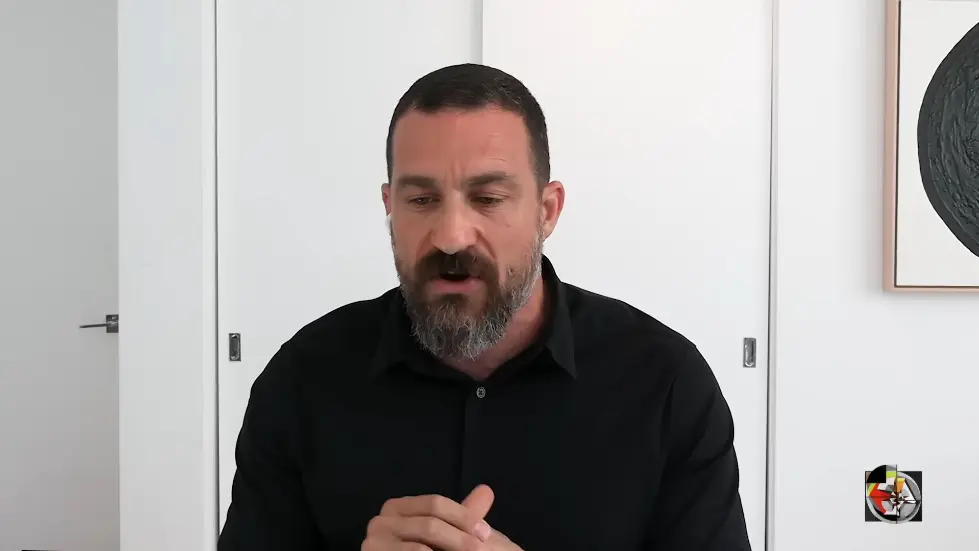
The Insula and Prefrontal Cortex
- The left dorsolateral prefrontal cortex has direct communication with the anterior cingulate cortex and insula.
- The insula is responsible for interpreting bodily signals and funneling them into the brain.
- The insula is also responsible for receiving information from classical areas like the amygdala.
- The prefrontal cortex allows us to envision different possible futures and make plans based on our physiological state.
- The prefrontal cortex is a flexible rule-setting structure.

The Prefrontal Cortex and Rule Switching
- The prefrontal cortex and insula are involved in establishing which rules are appropriate for a given situation.
- The prefrontal cortex is involved in applying different rules in different contexts.
- The insula and prefrontal cortex are both intimately involved in this conversation.
- The prefrontal cortex allows us to refrain from responding in a way that we know we can flip someone on their back immediately.
- The prefrontal cortex is a flexible rule-setting structure.
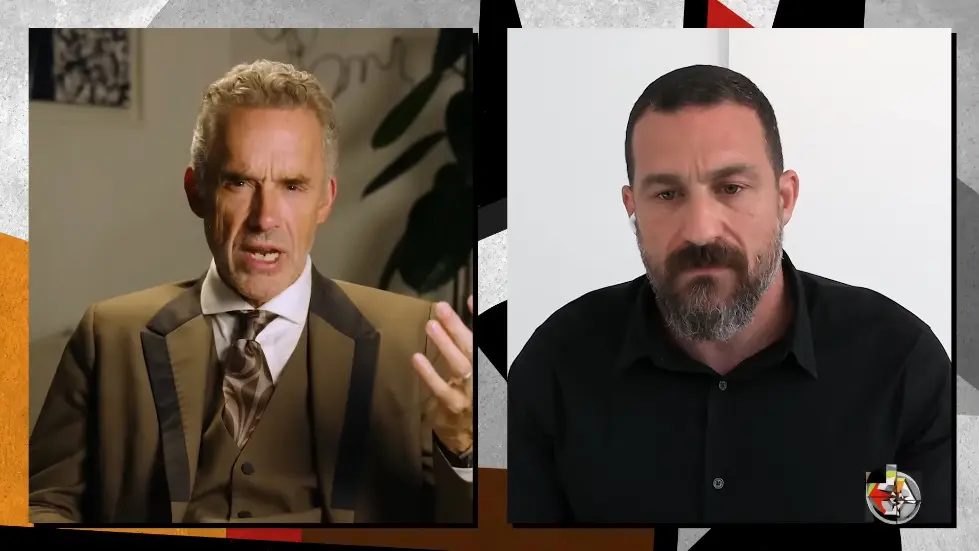
The Stroop Task
- The Stroop task involves giving someone a bunch of cards with different words on them.
- The words are written in different colors.
- The person is told to read the words and ignore the color they are written in.
- The rules are quickly changed and the person is told to tell the color the words are written in and ignore what the words say.
- The insula and prefrontal cortex are both intimately involved in this conversation.
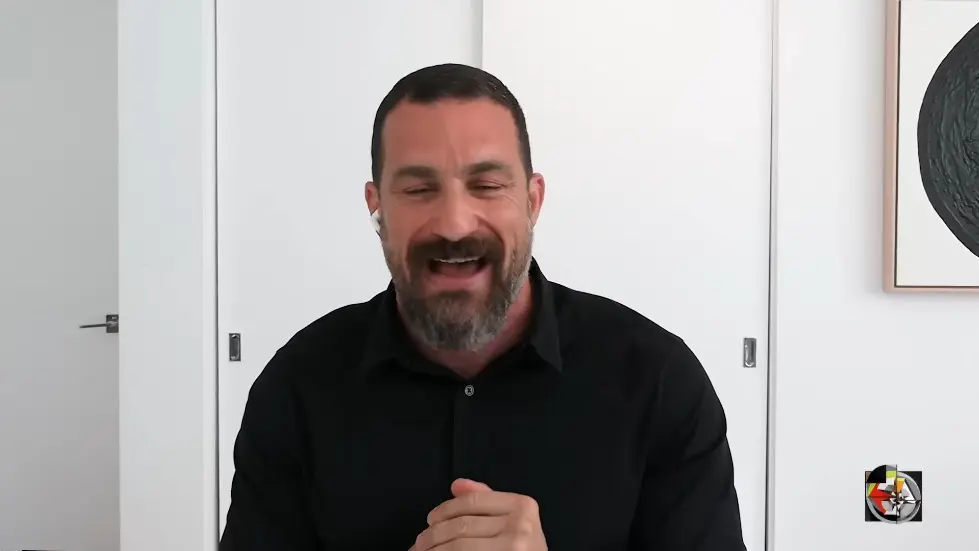
Conclusion
- The insula and prefrontal cortex are both intimately involved in establishing which rules are appropriate for a given situation.
- The prefrontal cortex allows us to envision different possible futures and make plans based on our physiological state.
- The prefrontal cortex is a flexible rule-setting structure.
- The Stroop task involves giving someone a bunch of cards with different words on them and changing the rules quickly.
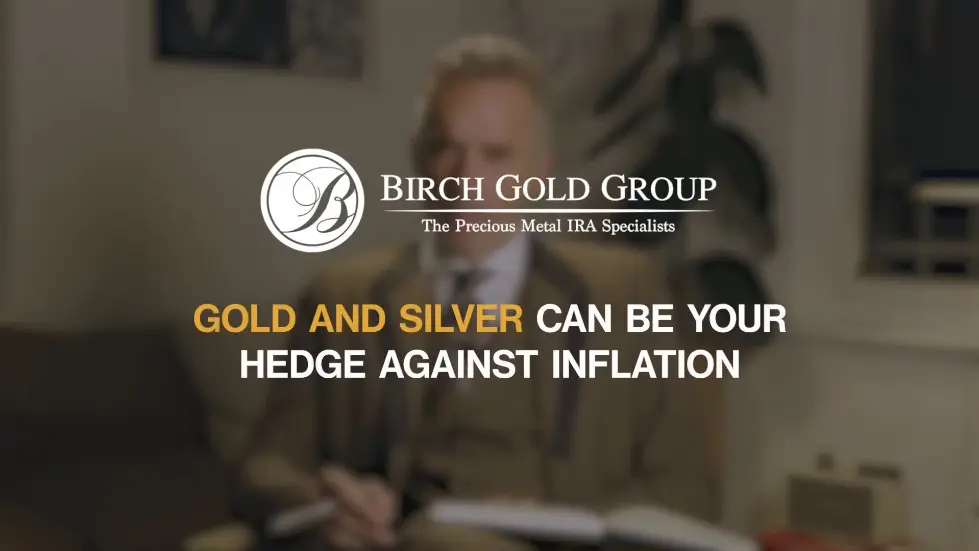
Neurology and Stimuli Response
- Humans and animals react to specific stimuli in different ways.
- Anxiety and exploratory behavior are linked.
- In the absence of an insula and prefrontal cortex, animals and humans only need to respond to their arousal.
- There are three major responses: retreat, stay put, or fight.
- The prefrontal cortex plays a role in rule switching and context-sensitive behavioral patterns.

The Role of the Prefrontal Cortex
- The left dorsolateral prefrontal cortex establishes different rules depending on context.
- It accesses memory to establish rules.
- It can slow the heart rate down through its connections to structures that feed into the vagus nerve.
- Accessing alternate rule sets sends a parallel signal to slow the heart down.
- Accessing alternate rule sets also calms the body down.
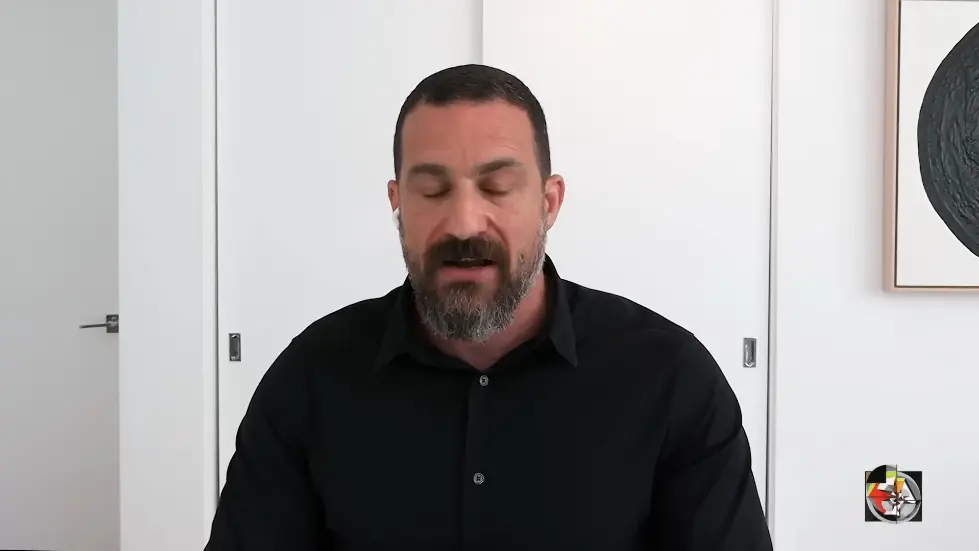
Calming Yourself Down
- Accessing alternate rule sets is how you calm yourself down.
- Accessing important pieces of information can give you an alternate view.
- Looking at things through a different perspective sends a calming signal to the body.
- Therapy can help you access alternate rule sets and calm yourself down.
- There is a parallel signal sent to the body when accessing alternate rule sets.
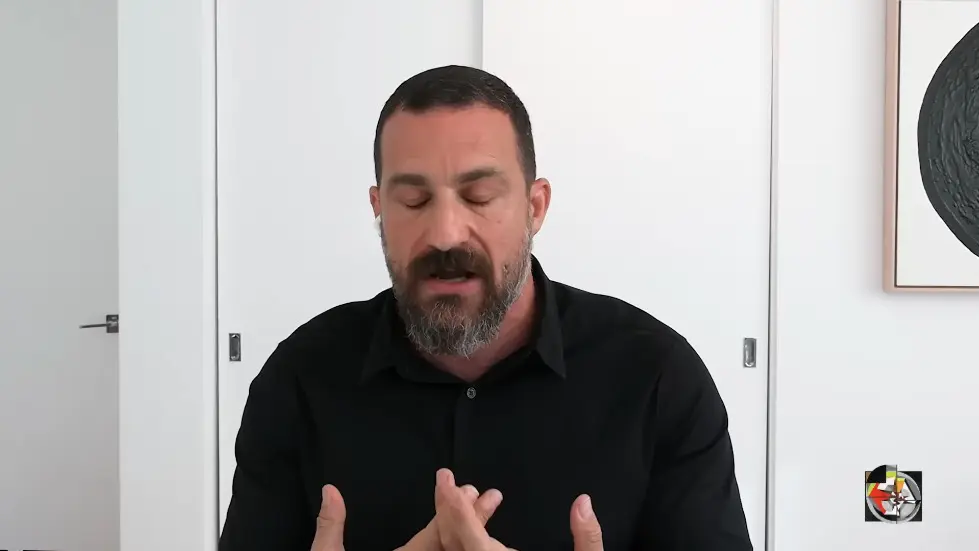
Conclusion
- The prefrontal cortex plays a crucial role in establishing different rules depending on context.
- Accessing alternate rule sets sends a parallel signal to slow the heart down and calm the body down.
- Therapy can help you access alternate rule sets and calm yourself down.
- Looking at things through a different perspective is important for establishing new ways of looking at things.
- Calming the body down is important for responding to stimuli in a more effective way.
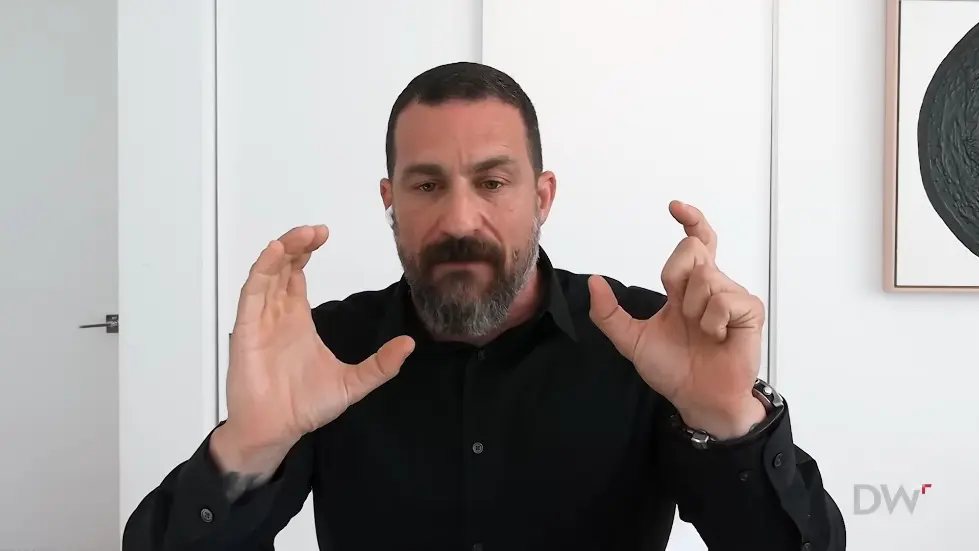
Signals between Body and Brain
- Neuroscientists have always talked about top-down processing, where the brain suppresses the hypothalamus and controls the limbic system.
- However, there are also signals being sent to the body in parallel, and the brain conducts them like an orchestra conductor.
- People with chronic anxiety or those who stop accessing alternate rules and responses to these signals experience dysregulation of circuitries.
- In individuals with chronic anxiety or damage to the prefrontal cortex, the insula and ACC start leading and directing the response of the prefrontal cortex.
- Individuals with the ability to access multiple rule sets and options in moments of extreme autonomic arousal have power.
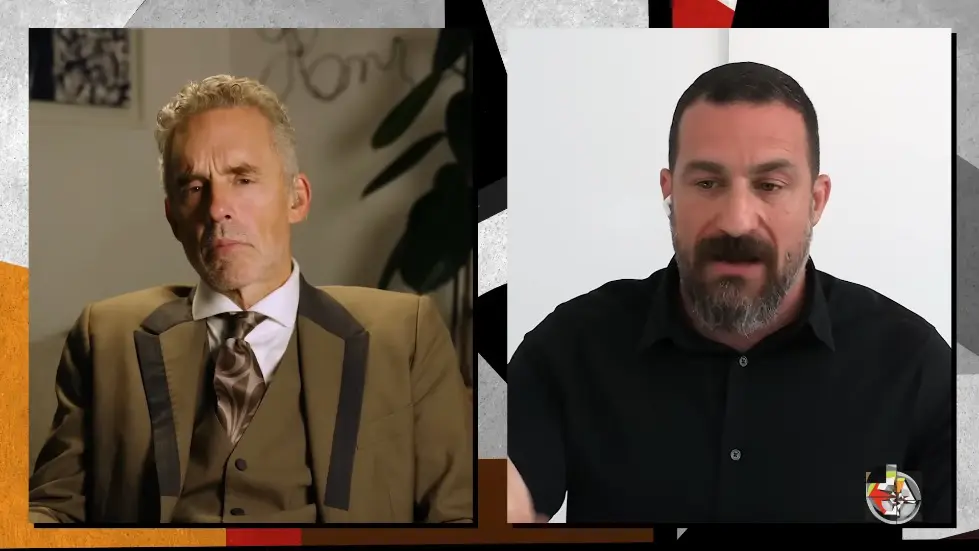
Exploration and Anxiety
- Autonomic arousal is a healthy response, and the tendency to be more alert or in action than in non-action is a good thing.
- The brain has its own adrenaline system, which is the locus ceruleus, and it sprinkles the entire brain with noradrenaline and adrenaline.
- The locus ceruleus is connected to everything and wakes up the whole brain.
- A lesion in the dorsalateral prefrontal cortex or transient inactivation with a non-invasive technology like transcranial magnetic stimulation can make a person incredibly accurate at any motor task.
- However, the one thing they can't do is decide whether they're shooting an enemy or a friend.
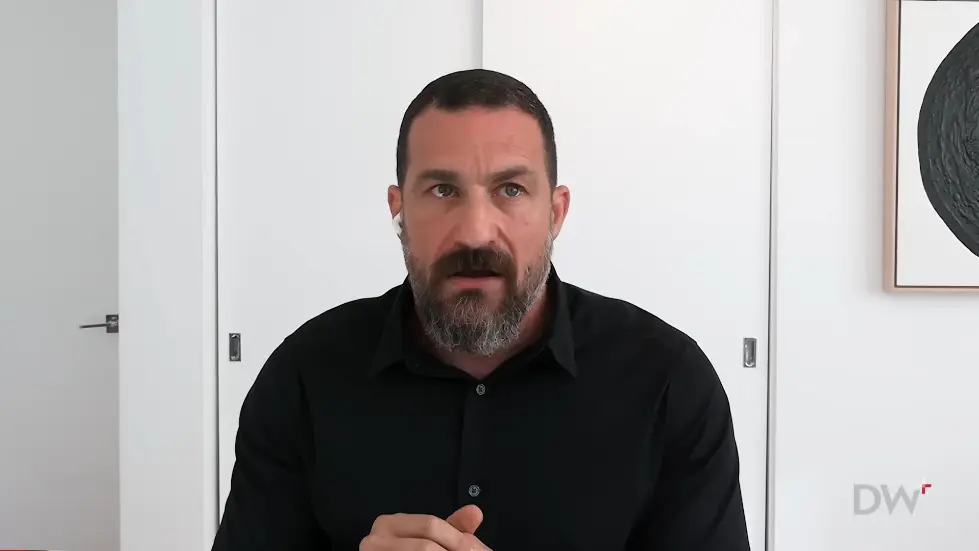
Relationship between Anxiety and Exploratory Behavior
- Exploratory behavior is associated with the orienting reflex, which wakes up the brain.
- People with chronic anxiety or those who stop accessing alternate rules and responses to signals experience dysregulation of circuitries.
- Individuals with the ability to access multiple rule sets and options in moments of extreme autonomic arousal have power.
- In a good debate, one can't allow the autonomic response to overtake them, or they lose access to an enormous database that resides in their hippocampus.
- People become dysregulated in rage when they lose themselves and default to what appears to be a very primitive rule set.
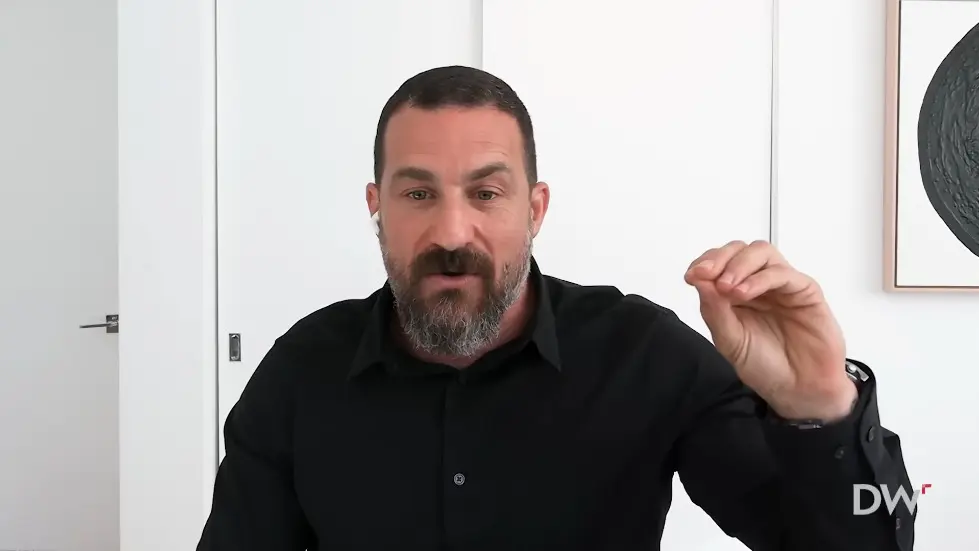
Role of Prefrontal Cortex in Anxiety and Exploratory Behavior
- The prefrontal cortex is in a position to lead responses and act like the coach of a team.
- Individuals with chronic anxiety or damage to the prefrontal cortex experience dysregulation of circuitries, and the insula and ACC start leading and directing the response of the prefrontal cortex.
- People with the ability to access multiple rule sets and options in moments of extreme autonomic arousal have power.
- In a good debate, one can't allow the autonomic response to overtake them, or they lose access to an enormous database that resides in their hippocampus.
- People become dysregulated in rage when they lose themselves and default to what appears to be a very primitive rule set.
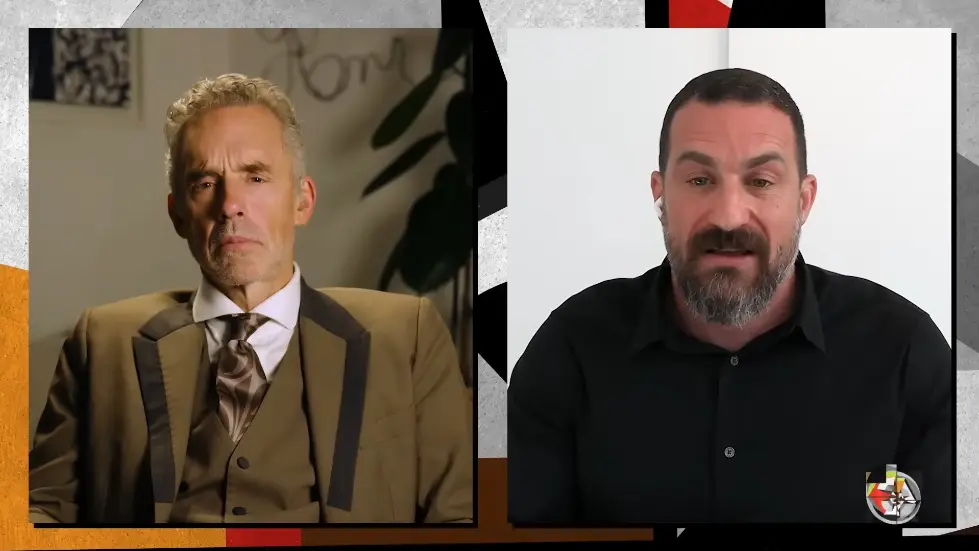
Role of Prefrontal Cortex
- The prefrontal cortex generates potential abstract patterns of action.
- It generates potential future cells that can be assessed before they're implemented.
- It runs plays and thinks about potential outcomes.
- It has access to priors through the hippocampus, which allows it to take into account current state and bodily state.
- It can access information about energy and resources through the insula and the ACC.
- It can control the body and calm it down through a unique pathway.

Anxiety and Infantile Responses
- Anxiety simplifies us and reduces us to a more primordial and direct state.
- Underlying emotions and motivational states are simplification mechanisms.
- When we're unable to compute a complex and sophisticated pathway forward, we default to a more primordial and direct state.
- When anxiety is high, many adults become infant-like in their responses.
- Two-year-olds cycle through innate motivational states with no overarching centralized integration.
- Identity is not subjectively defined for anyone who's sophisticated enough to negotiate with someone else.

Trade-off between Specificity and Flexibility
- Without a dorsalateral prefrontal cortex, there's a trade-off between specificity and flexibility.
- As a purely sensory motor response machine, the prefrontal cortex isn't even necessary.
- If the prefrontal cortex is entirely removed, people become like machines.
- Everything becomes a stimulus without a prefrontal cortex.
- Adults without a prefrontal cortex become like infants in their responses.
- Two-year-olds likely don't manifest any integrating prefrontal cortical capacity until they hit about three.
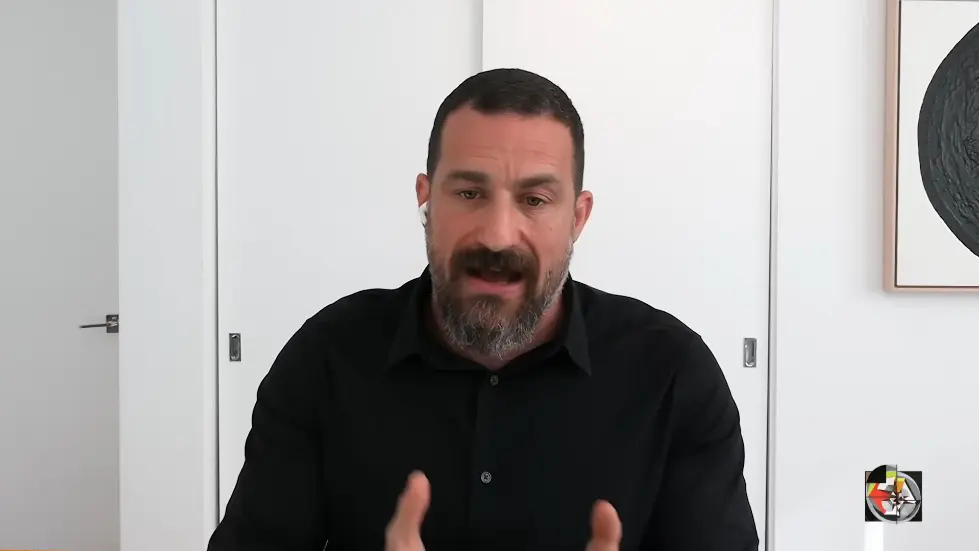
Relationship between Anxiety and Exploratory Behavior
- Anxiety can make children of us all.
- Chronic anxiety simplifies us and reduces us to a more primordial and direct state.
- When we're paralyzed by inability to choose between multiple options, we default to a more primordial and direct state.
- Underlying emotions and motivational states are simplification mechanisms.
- Two-year-olds cycle through innate motivational states with no overarching centralized integration.
- Identity is not subjectively defined for anyone who's sophisticated enough to negotiate with someone else.

The Vagus Nerve and the Prefrontal Cortex
- The default neural inputs to the heart and breathing systems are to be very activated.
- The vagus nerve is a default on system that provides a suppressive or breaking effect on the body's response.
- The prefrontal cortex is like a screwdriver that tightens the hinge of the Seesaw analogy.
- The prefrontal cortex is a rule-changing alternate self-accessing machine that can also calm the body.
- The prefrontal cortex is a mechanism for manufacturing artificial cells in a game-like manner.

Behavioral Flexibility and Artificial Cells
- Animals with less behavioral flexibility generally have a reproduction strategy of multiple copies of itself.
- Human beings have evolved a mechanism for manufacturing artificial cells in a game-like manner.
- Humans can put forward optional selves in abstraction and then kill them off when they're not necessary.
- The purpose of thought is to let our thoughts die instead of us.
- Humans have evolved a mechanism for manufacturing artificial cells in a game-like manner.
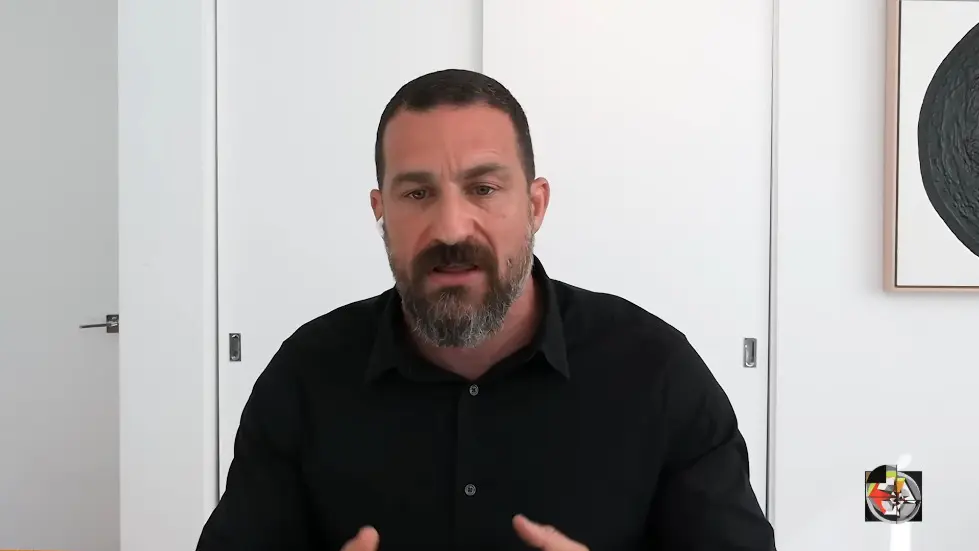
Abstracted Artificial Cells and Alternate Selves
- The prefrontal cortex generates abstracted artificial cells or avatars.
- The prefrontal cortex allows underlying motivational and emotional systems to generate simple avatars by themselves.
- When we describe one of these alternative modes of action, we're telling stories.
- The prefrontal cortex is an accurate one of imagining different selves and different outcomes.
- There's a required suppression of the bodily response in order to imagine how we would feel when we complete something or how terrible we would feel.

Inhibitory Component and Alternative Self
- There's an inhibitory component where you're directly in competition with an underlying urge.
- The top-down story is an example of responding to something in an irritable way that's been directed to you on Twitter.
- There's a limbic rage response that's associated with that which you can then suppress.
- The question is to what degree you're directly suppressing that with the prefrontal cortex and to what degree you're spinning up an alternative self.
- If embodied, the alternative self wouldn't require that physiological response.
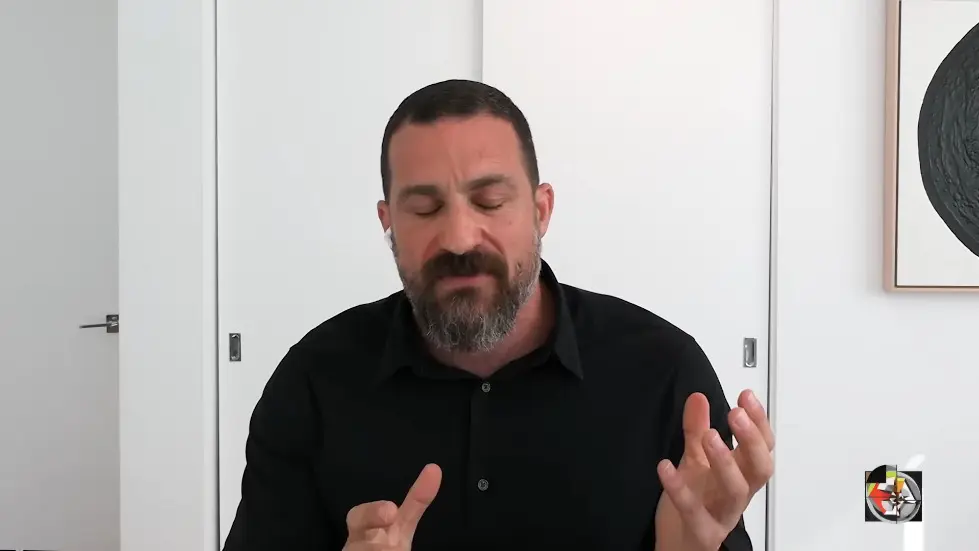
Neurology and Action Tendencies
- The prefrontal cortex and its associated networks contain a near infinite set of possibilities.
- The number of different bodily states that one can have are actually very finite.
- Emotions are like signals of those action tendencies.
- There are three major categories of action tendencies: back up, stop, or move forward.
- Positive emotion is associated with forward movement and is dopaminergically mediated.

Anxiety and Autonomic Arousal
- When people are confronted with an anxiety-provoking scenario, they find their pain point.
- Everyone has their pain point, even Navy Seals and other people from the Special Operations Community.
- The pause or freeze response is associated with the lowest anxiety response.
- Retreat is the next level up in terms of levels of heart rate change and levels of change within the insula.
- Confronting the thing that was making them feel anxious was associated with the highest levels of autonomic arousal.
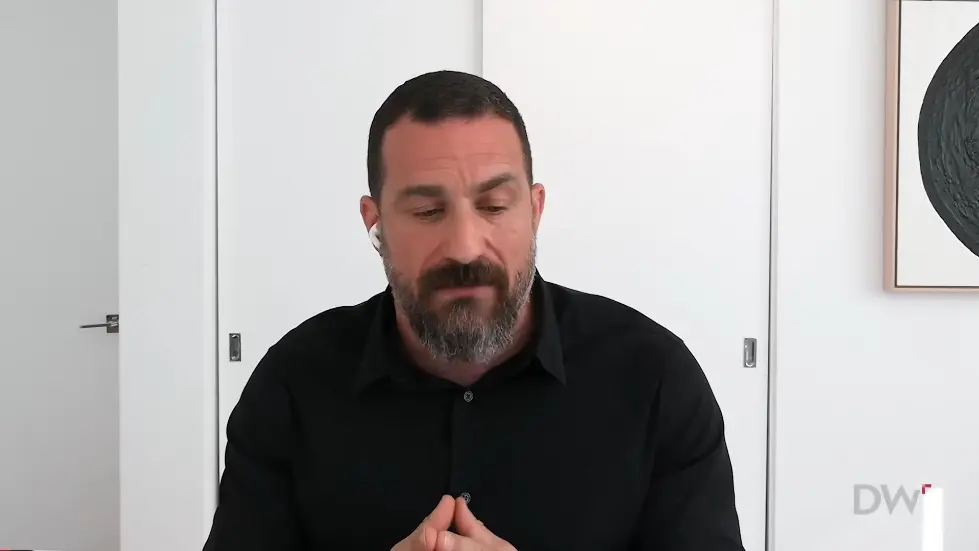
Voluntary Exploration
- People who were willing to lean into the challenge had a change in their insula activity patterns.
- Their heart rate increased, breathing increased, and sweating increased.
- These are all the marks of an anxiety attack, but they were marching forward toward their fear.
- This is voluntary exploration.
- Voluntary exploration is switching to a new identity in which that limbic response is no longer germane.
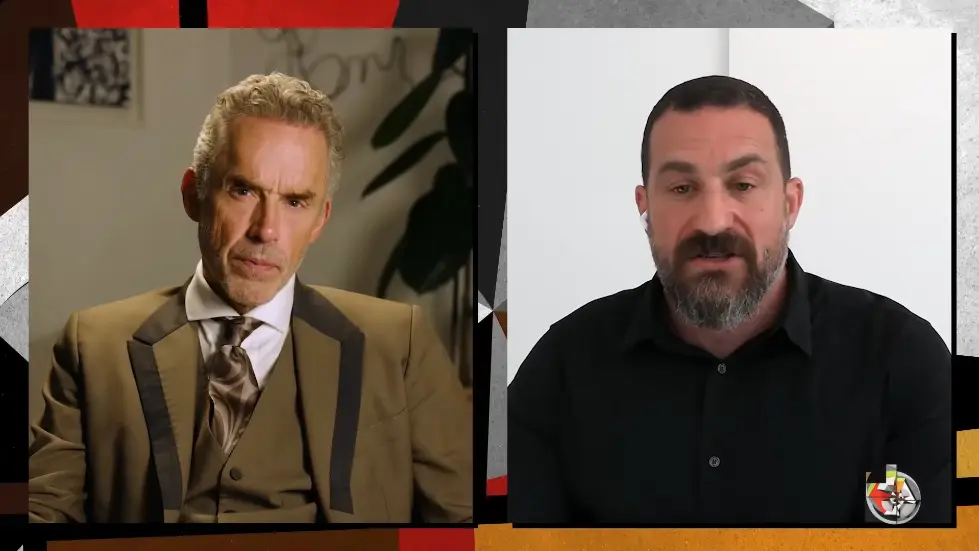
Replacing What's Necessary Physiologically
- The reason that the limbic response disappears is not because you directly suppress it in an inhibitory manner.
- You replace what's necessary physiologically given your new understanding of the territory that you inhabit.
- It's some of both, but it's never been able to be wrestled through.
- The prefrontal cortex and its associated networks contain a near infinite set of possibilities.
- The number of different bodily states that one can have are actually very finite.
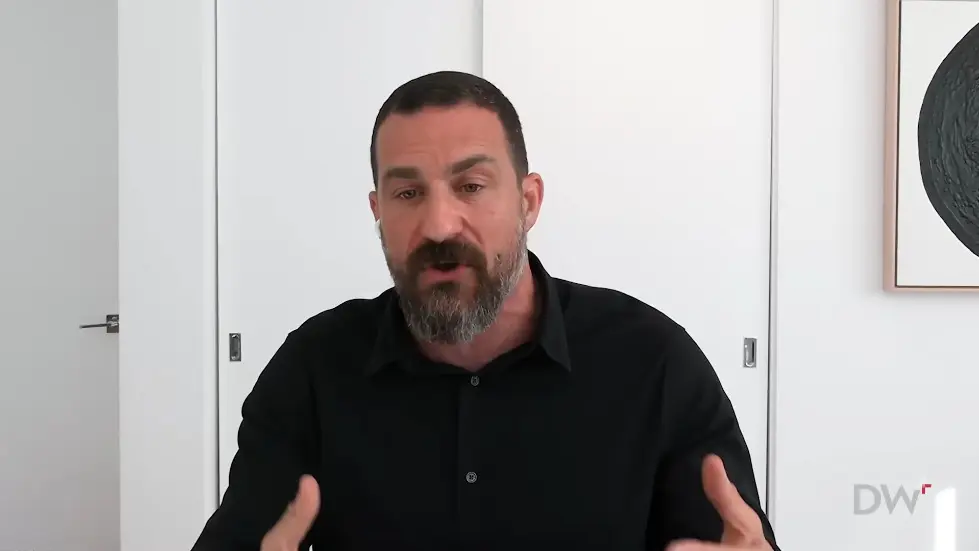
Animal Study on Exploratory Behavior
- Mice that showed tail flicking before exploratory activity had a particular form of brain activity.
- Stimulation of this brain activity was more potently reinforcing than sexual stimulation.
- Tail flicking in mice is a response to a threat, which is essentially saying come on let's go let's fight.
- People being confronted with their fears show similar brain activity to mice.
- A subset of people will confront their fears in a healthy and adaptive way.
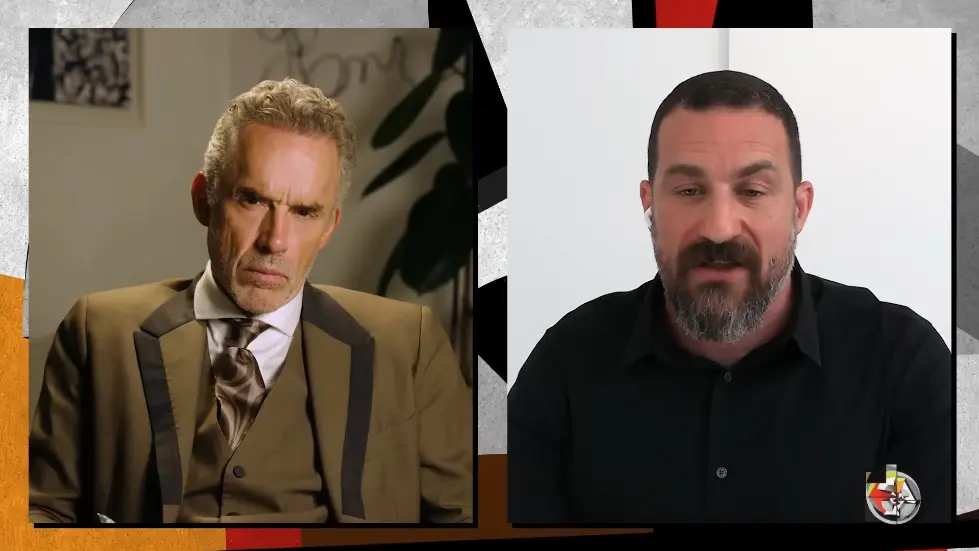
Stimulating the Brain Area Associated with Fear
- The brain area associated with fear is the midline thalamus.
- Stimulating this brain area in mice can convert a terrified non-confrontational mouse into a mouse that was willing to confront its fears in a healthy and adaptive way.
- Tickling this brain area in animals and humans is more reinforcing than other stimulation.
- The dopamine system is critical in this process.
- The midline thalamus connects directly to the major hubs of dopamine released in the brain.
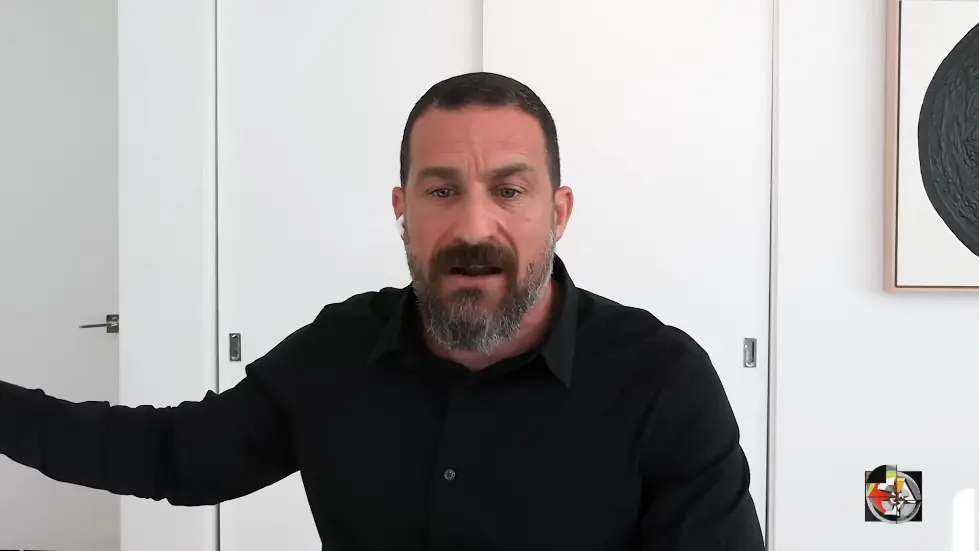
The Dopamine System and Fear vs. Confrontation
- The dopamine system is the primary approach-related positive reward system.
- There is only one major reward system, which is the dopaminergic system.
- The system of fear versus confrontation taps directly into the dopaminergic system.
- People prefer to stimulate the midline thalamus area, which evokes a feeling of mild frustration.
- The subjective feeling reported by people who stimulate this area is one of mild frustration.
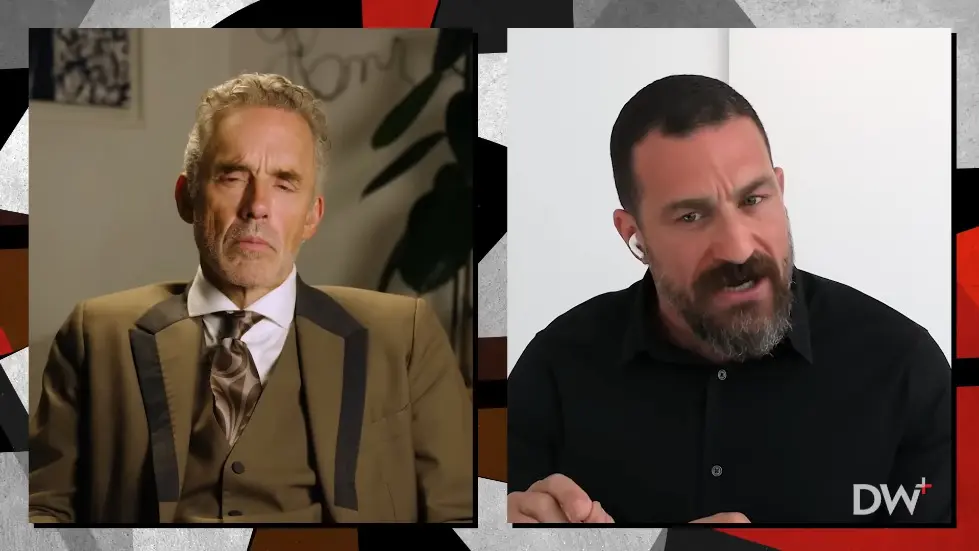
Epigenetic Changes and Approaching Fears
- Teaching people to approach their fears rather than to run from them could produce epigenetic changes that would transform them physiologically.
- Chronic activation of the brain area associated with fear could produce epigenetic changes.
- Epigenetic changes could transform people physiologically.
- Approaching fears is a healthy and adaptive way to confront them.
- Confronting fears in a strategic way is not being foolishly running into the jaws of a predator.
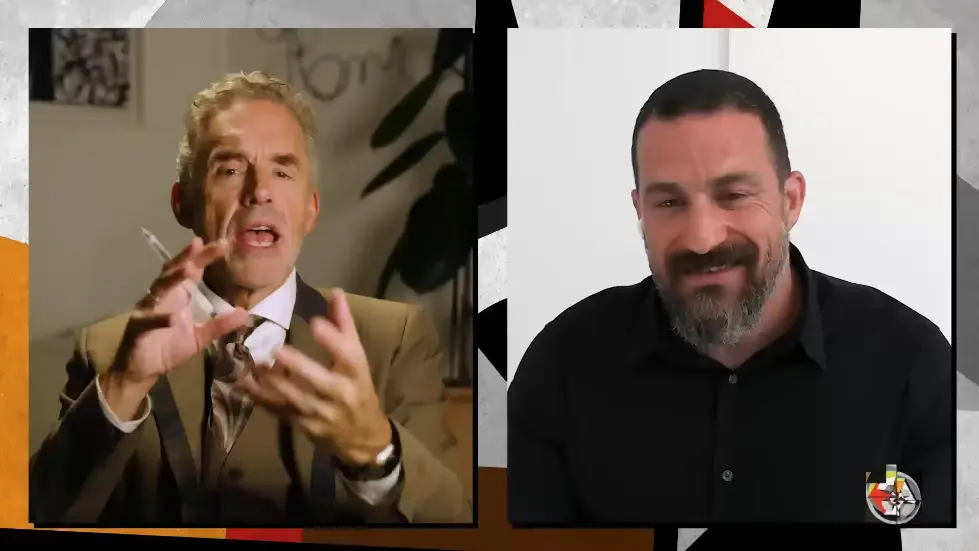
The Dopamine System and Anticipation
- The dopamine system is responsible for the anticipation of something good happening.
- Anticipation taps into the dopamine system and creates an appetitive state.
- Activating the systems that drive you forward voluntarily is the most positive form of positive reinforcement.
- The dopamine system is in touch with the autonomic system and registers success versus failure of some pursuit.
- The prefrontal cortex is part of the dopamine reward system and generates possible outcomes.
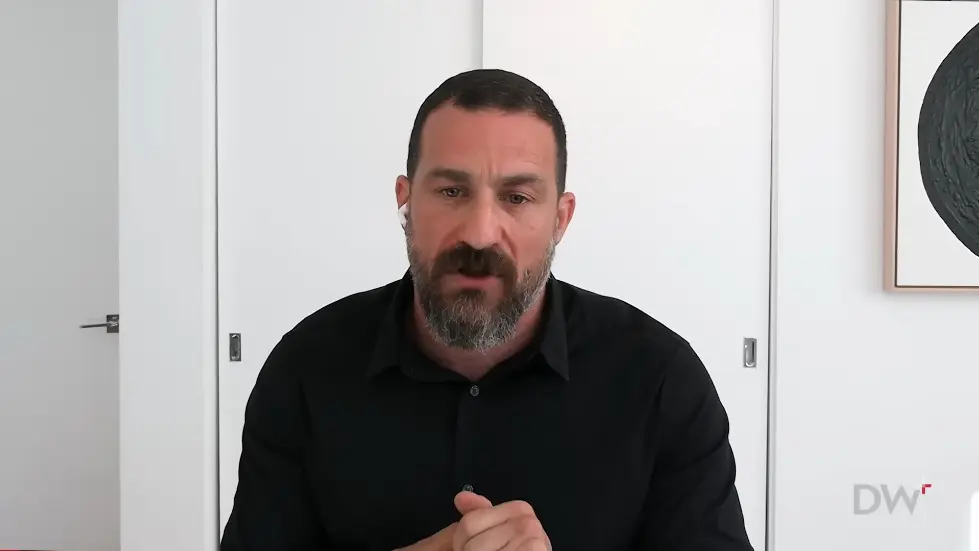
Reward Prediction Error and Addiction
- Reward prediction error is the internal sense of the probability of something happening.
- Anticipation signals dopamine to go up, but if the reward is not received, it drops below baseline.
- This is the basis of addiction and explains the transient drop in dopamine after receiving the reward.
- The reward is actually received right before the first lick of ice cream or the first sexual encounter.
- The anticipation of something great can lead to disappointment and the danger of hope.
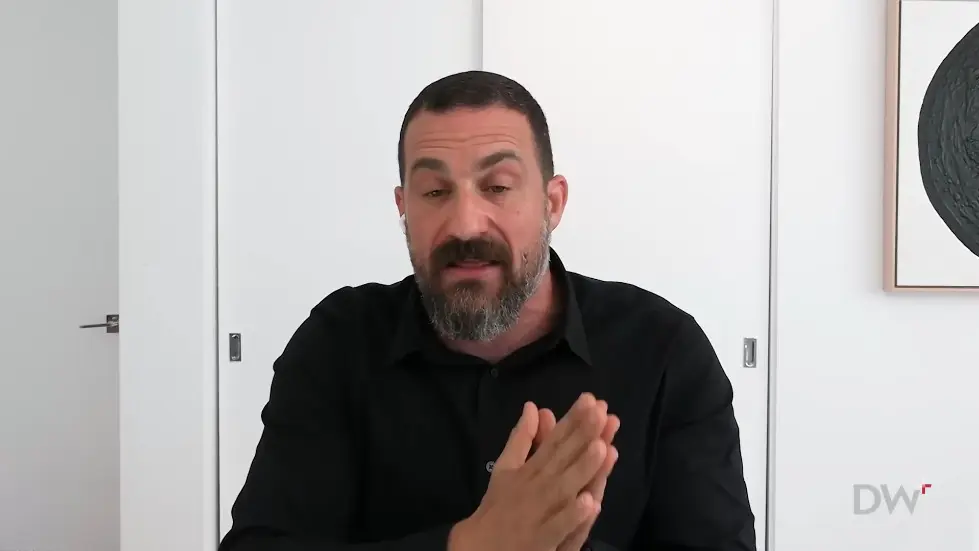
The Role of Dopamine in Postpartum Depression
- Postpartum depression can be explained by the anticipation of something great and the subsequent letdown.
- The dopamine kick backtracks the neural systems that were activated as the reward was approached.
- It feeds back reinforcement and mediates cellular growth, increasing the efficiency of the neural connections.
- The closer the behavior is to the receipt of the reward, the more it's reinforced and more likely to be manifested in the future.

The Relationship Between Dopamine and Exploration
- Dopamine is responsible for exploratory behavior and the seeking of new experiences.
- Exploration is driven by the dopamine system and the anticipation of reward.
- Low levels of dopamine can lead to anxiety and a lack of exploration.
- High levels of dopamine can lead to impulsivity and risk-taking behavior.
- The balance of dopamine is critical for healthy exploration and behavior.
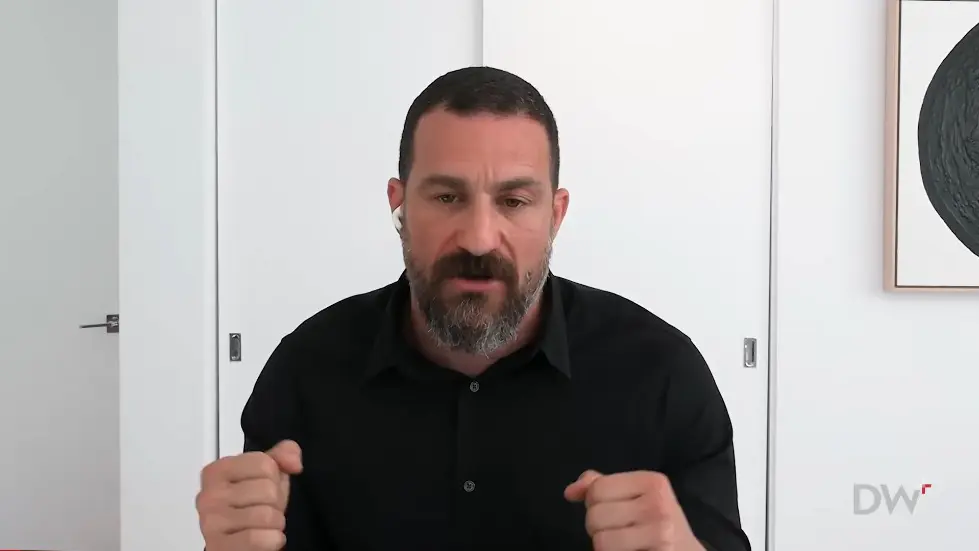
Neurological Basis of Addiction
- Addictive behavior is reinforced by dopaminergic reinforcement produced by the drug.
- The reinforcement reinforces the negative state of mind that drives drug-seeking behavior.
- The negative state of mind is associated with the beginning stages of the death of the systems that mediated the initial response.
- There is a decay function going back in time that allows an addictive sub-personality to grow.
- The systems that make you anticipate but don't work right have to decay and die, and there is a price in something approximating pain for the death of those malfunctioning systems.
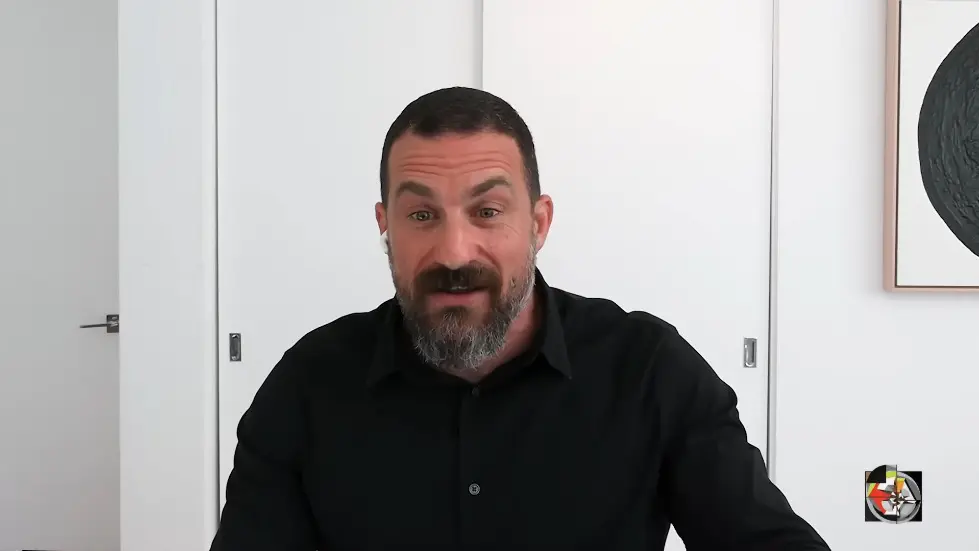
The Relationship Between Anticipation and Depression
- Anticipation is associated with the beginning stages of the death of the systems that mediated the initial response.
- There is a depressive cascade that is very hard to bind.
- Depressive people take the punishment response as a consequence of failed anticipation and can't bind it.
- Depressive people take out all of their potential future selves.
- Depressive people never make a good decision in the past, present, or future.
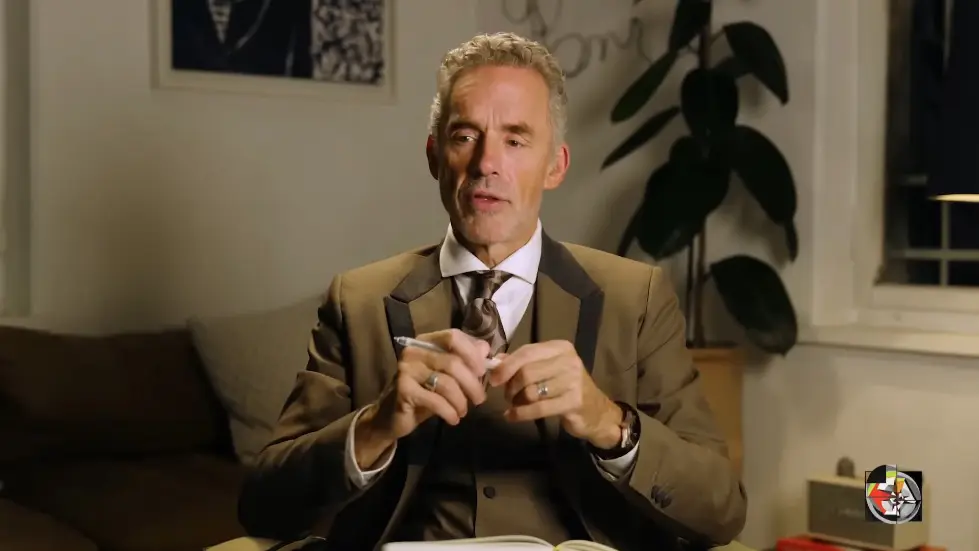
The Role of Dopamine in Anticipation and Reward
- The memory for events and states of mind and emotions that preceded a successful collection of reward or arrival at reward is set into a huge number of motor commands, some of which are subconscious.
- The ultimate dopamine signal is experienced when the reward is collected.
- Anticipation of reward is associated with dopamine release in the brain.
- When anticipation doesn't make itself manifest, you take an emotional hit as a consequence of that.
- When you find the reward after a period of anticipation, your dopamine levels increase, and you feel elated.

The Relationship Between Responsibility and Anticipation
- Responsibility is associated with anticipation of reward.
- When you fail to anticipate reward, you feel disappointed in yourself.
- When you make a mistake, you can interpret it in different ways, from a minor mistake to a catastrophic failure.
- Depressive people take a catastrophic interpretation of their mistakes and take out all of their potential future selves.
- Learning from failure is important, but too much learning from failure can lead to depression.

Rules of Thumb for the Binding Problem
- Innocent until proven guilty is a useful rule of thumb for the binding problem.
- Adversarial and accusatory thoughts are part of the realm of possibility, but they should not be the only focus.
- When addressing mistakes, focus on the minimum necessary behavioral transformation to prevent similar mistakes in the future.
- Trivial maintenance problems should not be treated as the collapse of the entire self.
- Activating the courageous response to anomaly is part of exploratory behavior and eventual success.

Presumption of Innocence and Depressive Temperament
- Helping people with a depressive temperament make a case for themselves is important.
- Errors are often due to state, not trait.
- People with low trait neuroticism are more resilient to the cascading effects of punishment.
- Trait neuroticism is an index to which the degree failure co-activates punishment across a whole sequence of nested selves.
- Most mistakes are not an indicator of a flaw in character and should not be responded to as such.

Emphasizing State over Trait
- Errors should be treated as due to state, not trait.
- Removing oneself from a rage or anxiety state is important for specificity and precision in addressing mistakes.
- Focus on the minimum necessary behavioral transformation to prevent similar mistakes in the future.
- Trivial maintenance problems should not be treated as the collapse of the entire self.
- Activating the courageous response to anomaly is part of exploratory behavior and eventual success.
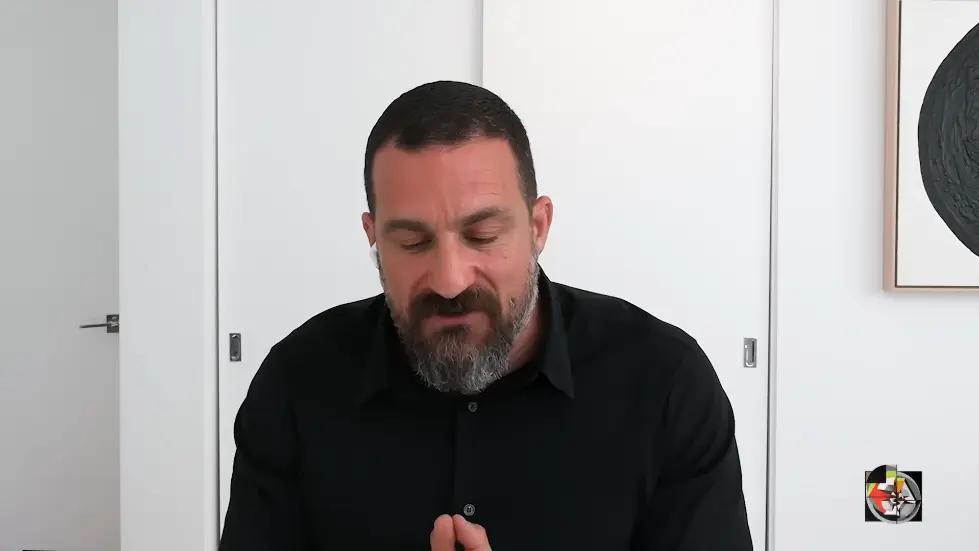
Religious and Meditative Training Enterprises
- Religious and meditative training enterprises aim to help individuals tell themselves a story that works to confidently approach obstacles.
- The prefrontal cortex tries different versions of self and contends with bodily states in those moments.
- Depending on the outcomes, different selves may experience either death or growth and resurrection.
- Activating the courageous response to anomaly is part of exploratory behavior and eventual success.
- Confidently approaching obstacles is important for growth and success.
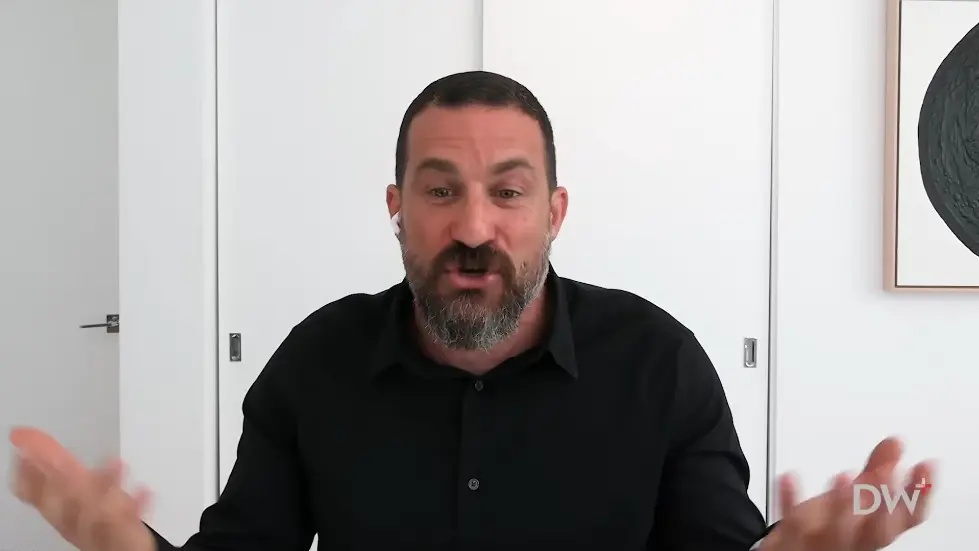
The Relationship Between Dopamine and Positive Emotion
- The difference between baseline and outcome determines the dopamine surge.
- Positive emotion is dopamine-mediated.
- Positive emotion needs to be judicious and differentiated.
- Mania is a form of pathology that results from the loss of focus and target.
- Mania makes people impulsive and fragmented in their speech.

The Role of Dopamine in Pursuit and Anticipation
- The dopamine system is more about pursuit than outcomes.
- Dopamine elevates perception beyond the confines of our skin.
- Manics are all about plans in the future.
- Neuroticism is associated with self-consciousness.
- Anxiety leads to internal obsessiveness.
- One way to overcome social anxiety is to focus on the other person.

The Importance of Target and Discrimination in Positive Emotion
- The dopamine system is highly subjective to interpretation.
- Dopamine tends to put our perception beyond the confines of our skin.
- Mania is a form of pathology that results from the loss of focus and target.
- Positive emotion needs to be targeted and differentiated.
- Manics are all about plans in the future.
- Neuroticism is associated with self-consciousness.

The Negative Consequences of Pathological Positive Emotion
- Mania is a form of pathology that results from the loss of focus and target.
- Mania makes people impulsive and fragmented in their speech.
- Positive emotion needs to be judicious and differentiated.
- Mania is a complete positive emotion catastrophe.
- Positive emotion needs to be targeted and differentiated.
- Manics are all about plans in the future.
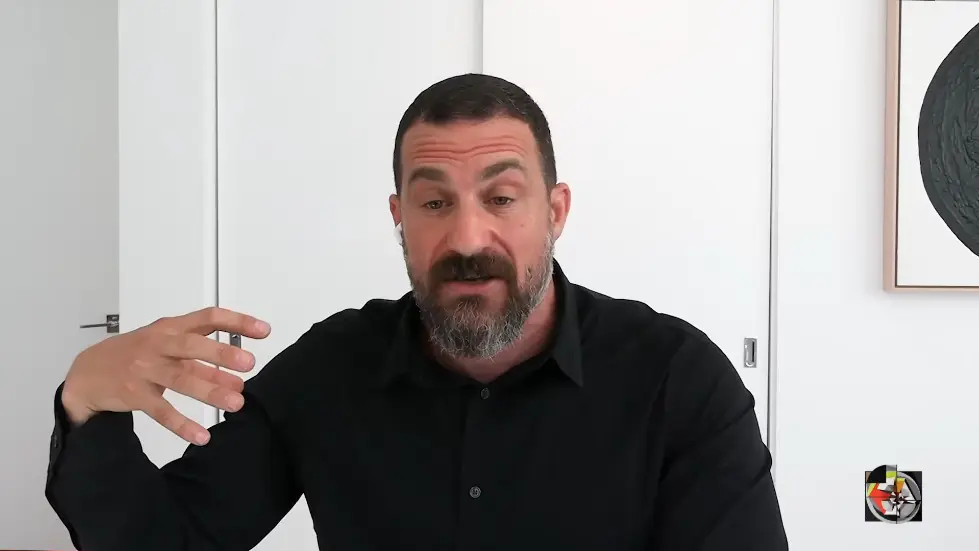
Neuroplasticity and Anxiety
- Neuroplasticity is the rewiring of existing connections in the brain.
- Systems that tap into the dopamine system are highly subject to reward-induced neuroplasticity.
- Experiments have shown that transiently increasing dopamine and acetylcholine can scale up neuroplasticity.
- Neuroplasticity can create a permanent shift in the brain's response to stimuli.
- Exposure therapy works by purposefully exposing oneself to anxiety-provoking stimuli to quell the response.
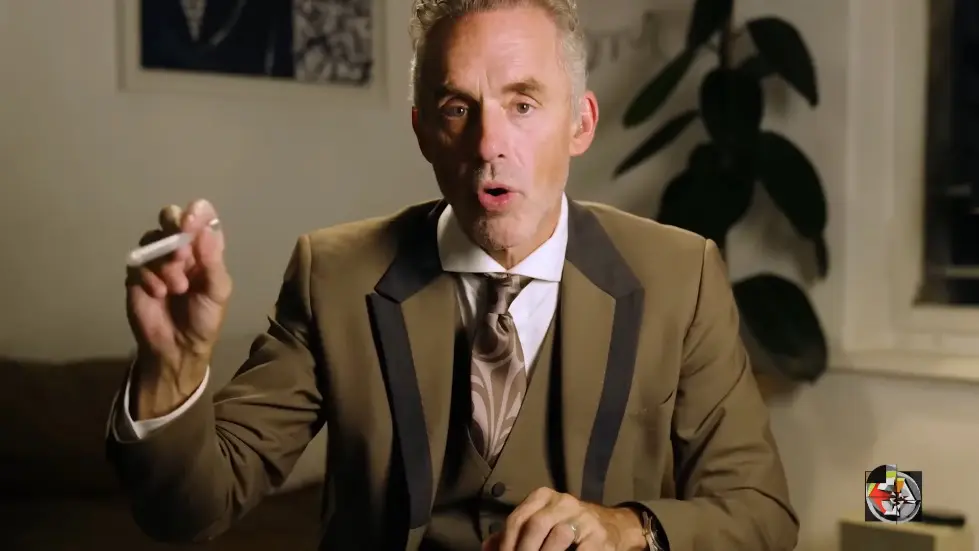
Interception and Social Anxiety
- Interception is the perception of bodily signals from the skin inward or extra receptive to the world outward.
- People who are overly socially anxious are too in touch with their bodily signals.
- They can count their own heartbeats without taking their pulse, which is a high-end indicator of interoceptive awareness.
- Socially anxious people are involuntarily interceptive, which produces intense obsessive interoception.
- Exposure therapy works by purposefully exposing oneself to anxiety-provoking stimuli to quell the response.
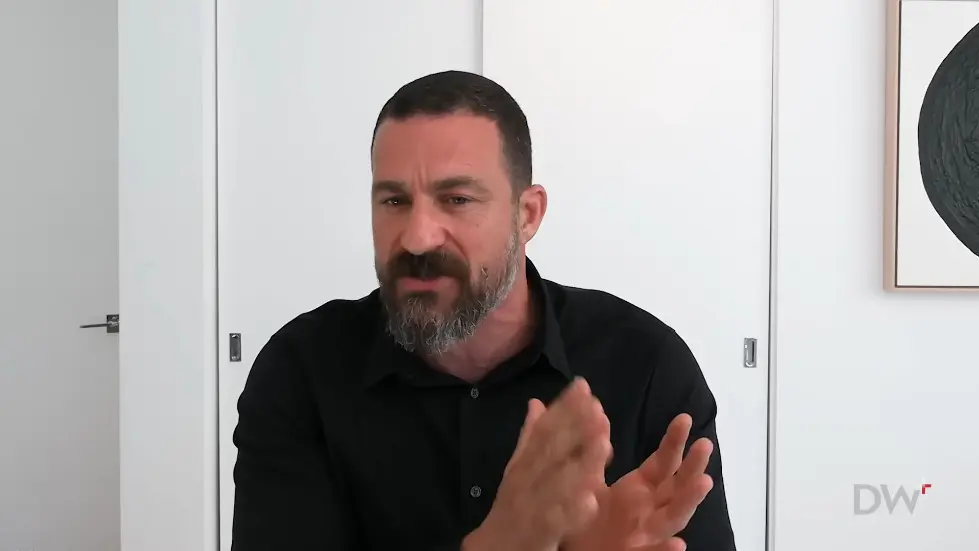
Voluntary vs. Involuntary Response
- Socially anxious people are involuntarily interceptive, which produces intense obsessive interoception.
- Exposure therapy works by purposefully exposing oneself to anxiety-provoking stimuli to quell the response.
- Voluntarily exposing oneself to anxiety-provoking stimuli may not produce the same intense obsessive interoception as involuntary exposure.
- Exposure therapy works by reversing the habitually avoidant response to anxiety-provoking stimuli.
- Exposure therapy can transform a person's character at the genetic level by imposing the dominance of the nucleus reunions on anxiety-provoking systems.
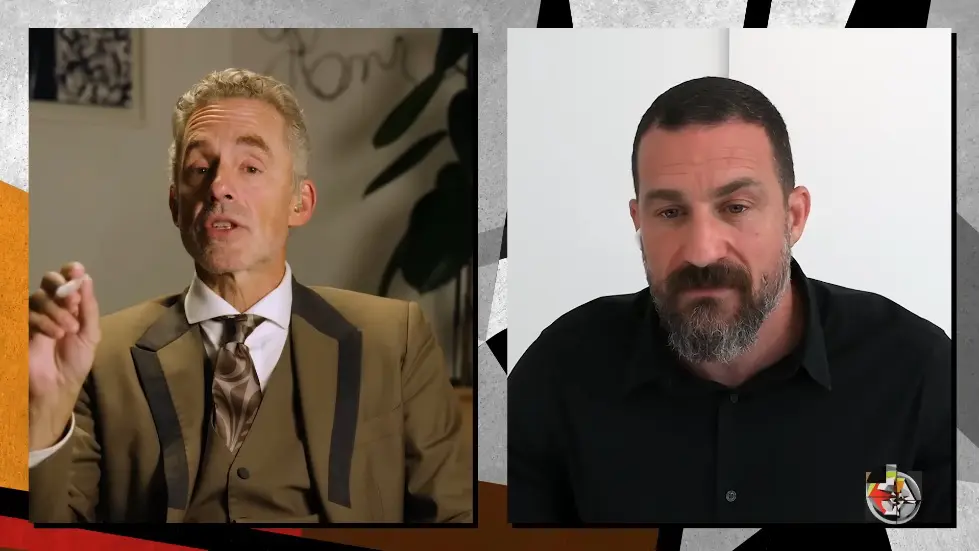
Reward-Induced Neuroplasticity
- Systems that tap into the dopamine system are highly subject to reward-induced neuroplasticity.
- Transiently increasing dopamine and acetylcholine can scale up neuroplasticity.
- Neuroplasticity can create a permanent shift in the brain's response to stimuli.
- Exposure therapy works by purposefully exposing oneself to anxiety-provoking stimuli to quell the response.
- Neuroplasticity can make a person more likely to approach other things they are afraid of.
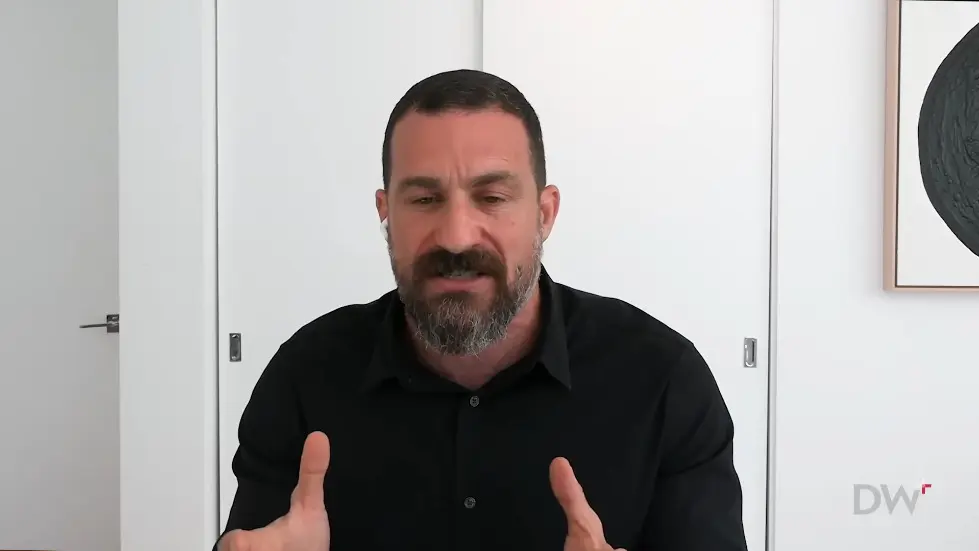
Neuroplasticity and Reward System
- Believing that something is important and related to an important goal facilitates learning.
- The prefrontal cortex is a rule-setting machine that taps into the dopamine system.
- Adopting new rules for reward release in the brain can lead to neuroplasticity.
- The dopamine system is the major currency of reward.
- Attaching thought to the rewards that will come with better health and aesthetics can trigger a response in the dopamine system.

Goal Setting and Positive Emotion
- Positive emotion is proportional to the goal of the entire behavioral process.
- Aimless and goalless individuals cannot elicit any positive emotion.
- Fragmented goals cannot elicit any dopaminergic reward.
- Putting oneself in a state of apprehension in relation to a valued goal can improve neuroplasticity and learning.
- Having a question in mind that is worthwhile to find the answer to is important in writing an essay.

Food and Nutrition
- Believing that a food is nutritious and good for you can have a better impact on your physiology.
- Restricting oneself to certain foods can lead to a significant scaling up of the positive response associated with dopamine and hormonal cascades.
- There are rules of physiology and nutrition that still apply.
- Intermittent fasting can be rewarding if one attaches their thinking to the rewards that will come with better health and aesthetics.
- People start to enjoy the foods that they are restricting themselves to more.

Importance of Fundamental Meaning
- People are obsessed with the search for fundamental meaning because they want to be able to associate each brick with a very high goal.
- Each brick is related to a very high goal, and the reward that's attendant upon the laying of the brick is proportional to the goal.
- Aimless and goalless individuals cannot learn well.
- Fragmented goals cannot elicit any dopaminergic reward.
- Positive emotion is proportional to the goal of the entire behavioral process.
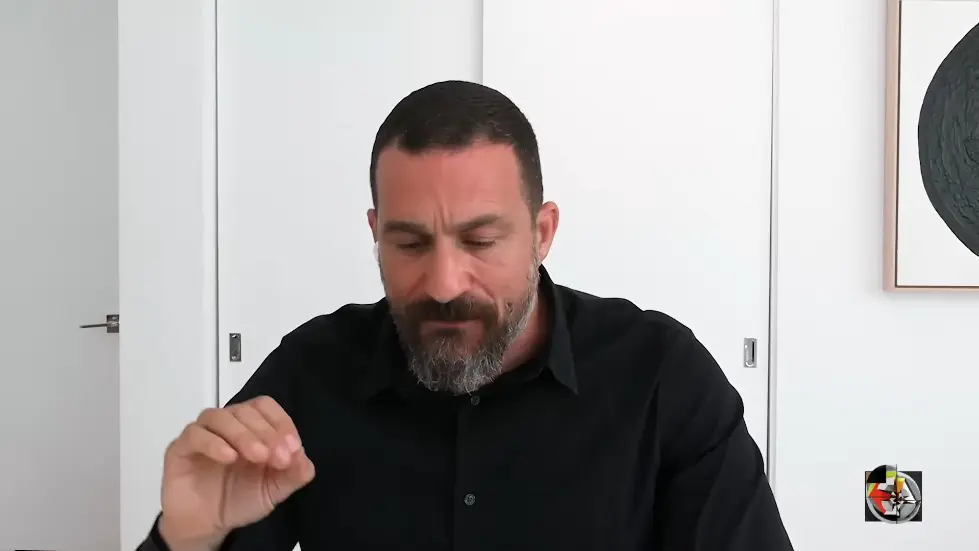
The Dopaminergic System and Energy
- The dopaminergic system is a generalizable system that allows us to persist towards a goal.
- Completing even seemingly trivial tasks like making coffee and cleaning up can close the dopaminergic circuit and release dopamine.
- Dopamine amplifies our ability to think into the future and make additional plans.
- Adrenaline is neural energy and is manufactured from the molecule dopamine.
- Completing things in our immediate environment from start to finish and closing the dopaminergic loop can increase confidence and energy.
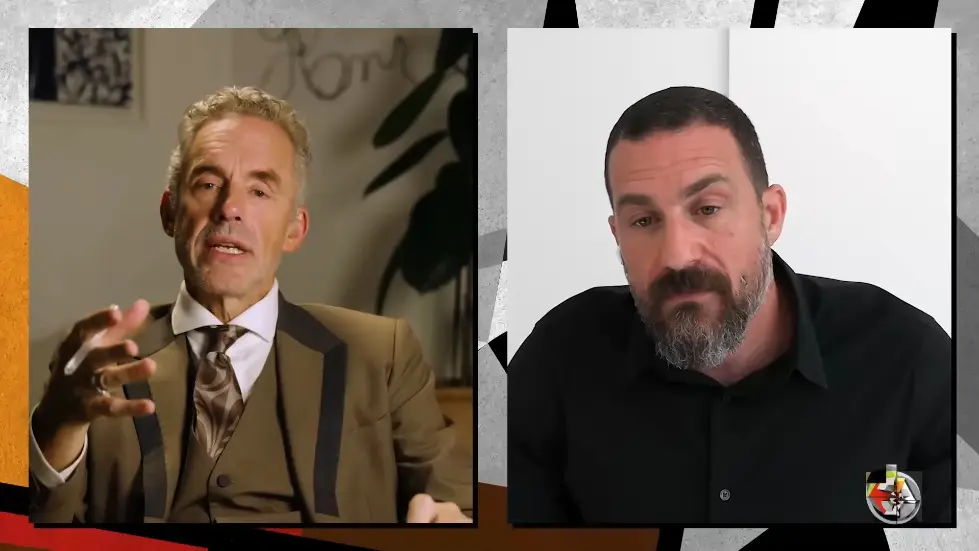
Micro Goals and Depression
- Micro routines, even something as small as washing a cup and putting it back on the shelf, can be valuable goals.
- Implementing micro routines can lead to a dopamine kick that transforms into adrenaline and energizes us.
- Micro goals can have an antidepressant effect and can help us lean into other behaviors.
- Completing small steps forward, no matter how small, can be helpful for those struggling with depression.
- Successful classes of antidepressants tap into the dopaminergic adrenal energy system.

SSRIs and Gene Expression Changes
- There is debate about the effectiveness of SSRIs, which tap into a different system than dopaminergic adrenal energy.
- SSRIs can have gene expression changes that can be helpful for some people.
- Neuroplasticity can occur on a short scale with the completion of even trivial tasks.
- Completing micro goals can lead to neuroplasticity and can help us move towards larger goals.
- Micro goals can be a helpful way to combat depression and increase energy.
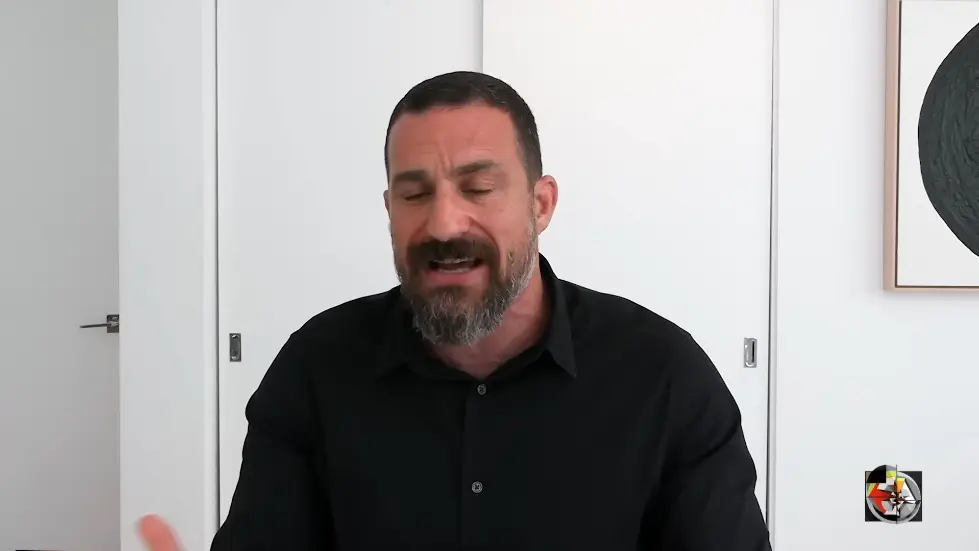
The Relationship Between Anxiety and Exploratory Behavior
- Anxiety can be a barrier to exploratory behavior.
- Exploratory behavior can be helpful for overcoming anxiety and increasing confidence.
- Exposure therapy can be helpful for those struggling with anxiety.
- Exposure therapy involves gradually exposing oneself to anxiety-provoking situations in a controlled environment.
- Exposure therapy can lead to habituation and a decrease in anxiety over time.

Neurological and Psychological Processes
- The cognitive appraisal is critical in establishing which of these loops gets repeated.
- Small things are not small, they can be the stepping stone to putting things in order on a broader scale.
- Neurological and psychological processes are algorithms that have been used by every animal.
- Animals learn to remember everything that led to failure and success.
- People can use sustained attention and reward to train themselves and others.

Exploration versus Anxiety
- Animals foraging for food learn from their successes and failures.
- People can ride neurochemical waves to the next node of exploration.
- Threat and punishment are not the most effective mode of training.
- Sustained attention and reward are more effective in training animals and people.
- People can watch others and reward small steps towards manifesting some behaviors they'd like to see more of.

Facilitating Growth
- Marking good behavior with a reward produces behavioral transformations at a rate that's beyond belief.
- Giving credit where credit is due is a good habit.
- Facilitating growth can lead to neurological or genetic transformation.
- Behaviorists like Skinner were truly brilliant.
- People can tap into dopamine systems even through menial tasks to build on their self-amplifying mode.
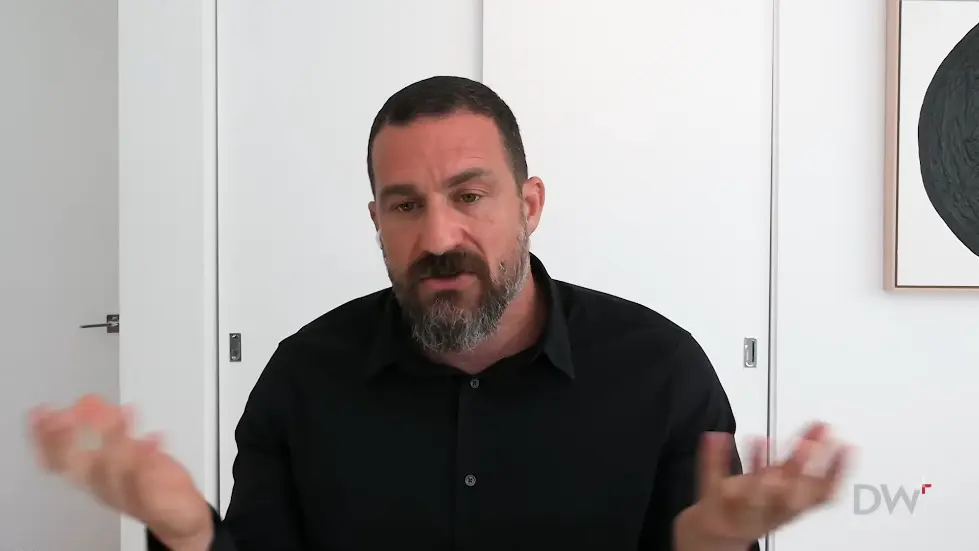
The Power of Dopamine
- Dopamine is vital to tap into these systems even through menial tasks to build on their self-amplifying mode.
- Positive goals can be achieved through sustained attention and reward.
- Animals and humans learn from their successes and failures.
- People can use sustained attention and reward to train themselves and others.
- Small steps can lead to bigger things in life.

The Role of Dopamine in Motivation
- Dopamine elicits a satiating reward that needs to be approached in steps.
- The dopamine system marks the intermediary steps to maintain motivation.
- Anxiety is a natural system of getting biased towards action.
- Sleep deprivation and other factors can make it harder to manage.
- Self-care basics like good nutrition, social connections, sleep, exercise, and sunlight still apply.
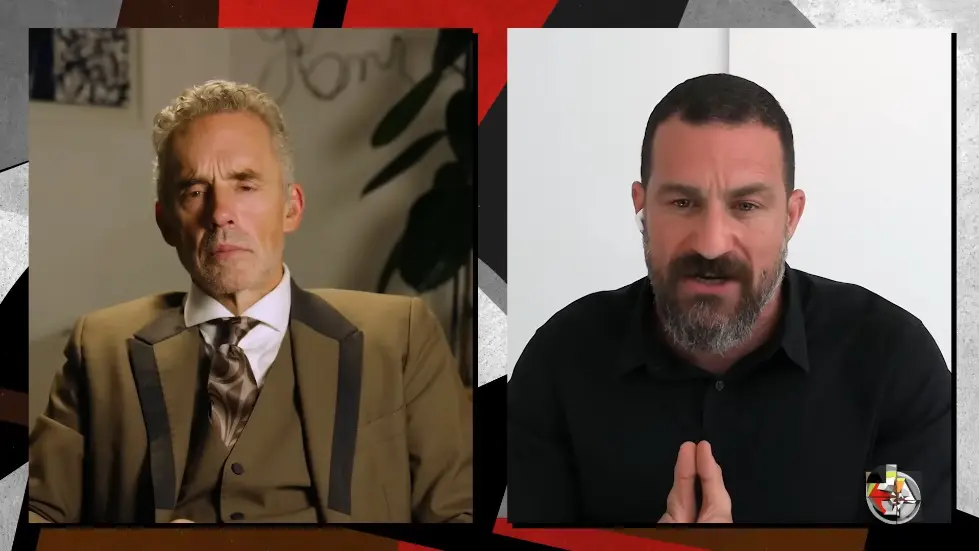
The Relationship Between Hormones and Motivation
- The dopamine system activates the pituitary gland to release gonadotropins and luteinizing hormones.
- These hormones stimulate the release of testosterone and estrogen.
- Testosterone and estrogen are involved in motivational biology.
- Steroid hormones can cross the cell membrane and control gene expression.
- Achieving wins repeatedly leads to testosterone accessing the nucleus of cells and controlling gene expression.
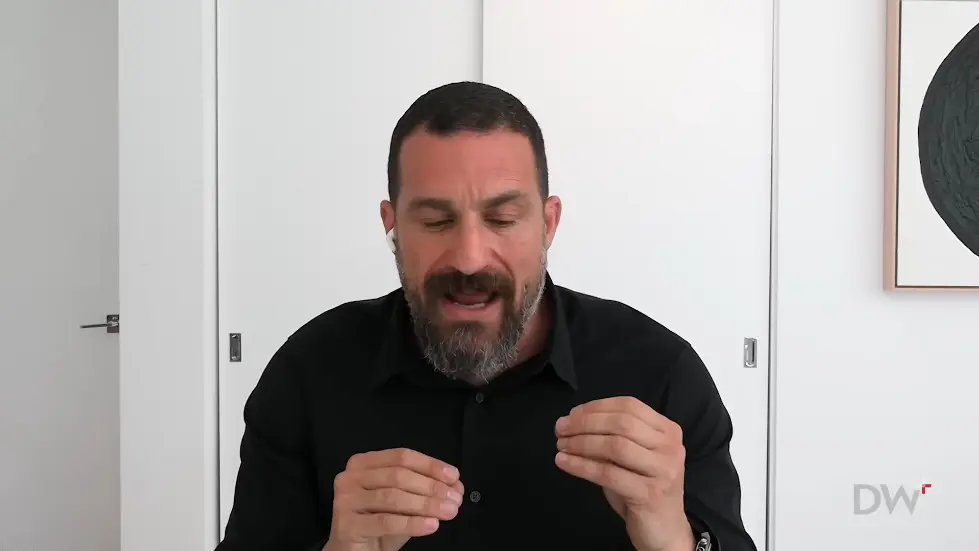
The Importance of Small Wins
- Small wins activate the slow system associated with hormonal control.
- This hormonal control translates to gene control.
- Testosterone is the molecule that controls gene expression.
- Testosterone accesses the nucleus of cells and controls gene expression when we achieve wins repeatedly.
- Testosterone and estrogen need to be in the proper ratios for motivational biology.
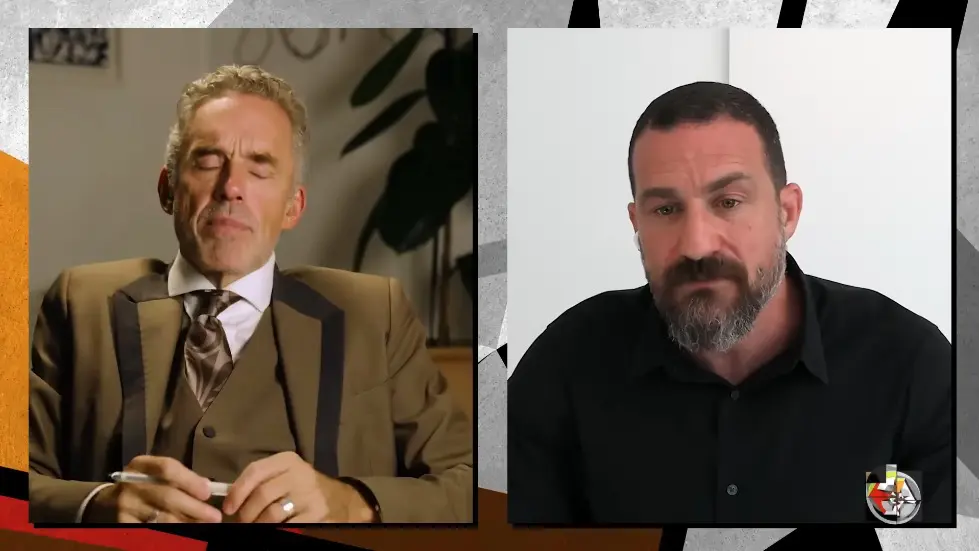
The Relationship Between Anxiety and Exploratory Behavior
- Rats and humans with dopamine depletion can experience pleasure but cannot embark on any effort to achieve that pleasure.
- The dopamine system marks the intermediary steps to overcome reluctance to expend energy.
- Anxiety is a natural system of getting biased towards action.
- Cognitive appraisal and interpretation of anxiety is critical.
- Reshaping the notion of anxiety as a natural system of getting biased towards action can help manage anxiety.

Effects of Repeated Failures on Testosterone Levels
- Repeated failures can lower testosterone levels.
- Low testosterone levels do not always lead to failure.
- A quick way to boost testosterone levels is to achieve a win.
- Behavior therapy helps people calibrate the zone of proximal development.
- Pushing skill development one increment forward can boost testosterone levels.

Calibrating the Zone of Proximal Development
- Helping people find a task they can do locally that constitutes a micro win is important.
- Cleaning up a room or organizing a drawer can be a good place to start.
- Reducing the task to a manageable level can help overcome resistance.
- Successes accrue rapidly, leading to exponential progress forward.
- Learning in this way can help regulate gene expression and increase testosterone levels.
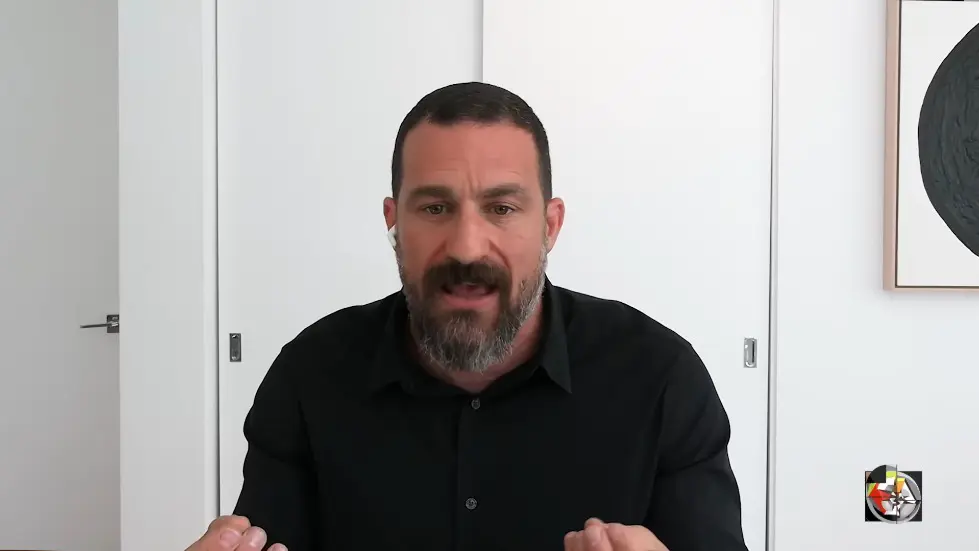
The Role of Dopamine in Motivation
- The dopaminergic system is generalizable to many different behaviors.
- It is fundamentally tacked into the adaptive survival behaviors of every species, including humans.
- Accessing repeated dopamine surges without effort or pursuit is pathologic.
- Cocaine and methamphetamine increase dopamine levels without requiring adaptive action or sacrifice.
- The circuit that gets rewarded is only the drug-seeking behavior, making these drugs pernicious.
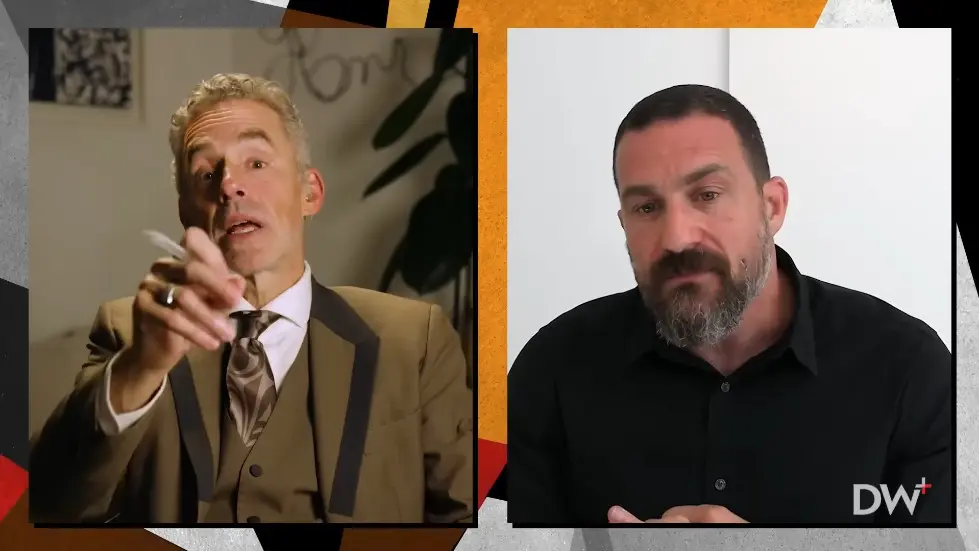
The Relationship Between Anxiety and Exploratory Behavior
- Anxiety can lead to avoidance behavior.
- Exploratory behavior can help reduce anxiety.
- Exposure therapy can help people overcome anxiety by gradually exposing them to feared stimuli.
- Exposure therapy can help people learn that the feared stimuli are not actually dangerous.
- Exposure therapy can help regulate gene expression and increase testosterone levels.
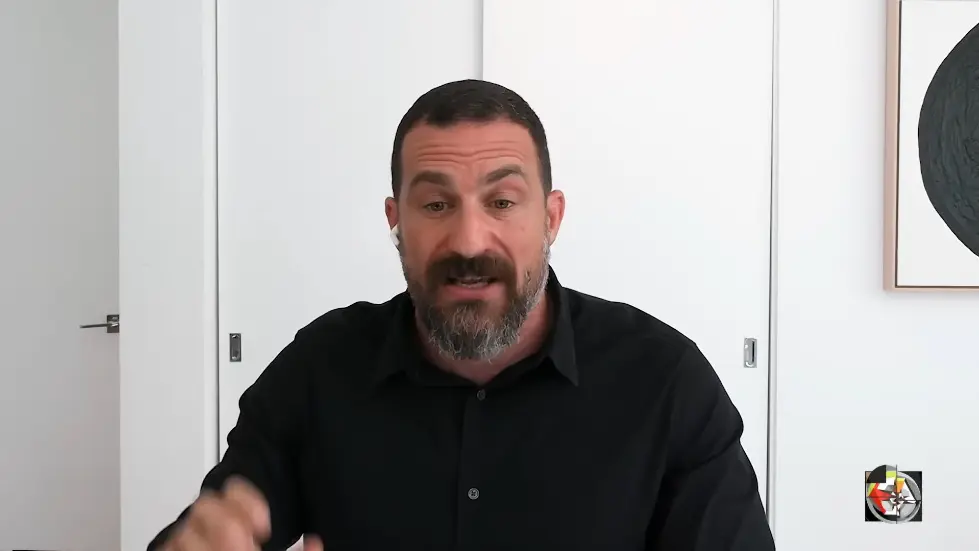
Effects of pornography and masturbation on the brain
- Repetitive engagement in pornography and masturbation reinforces high dopaminergic response to watching others engage in sexual behavior.
- It can lead to voyeurism and sexual dysfunction in males.
- Masturbation and pornography tap into the dopamine system and can undermine healthy processes of finding a mate.
- After ejaculation, prolactin increases and blunts dopamine release and testosterone for a long period of time.
- Masturbation and pornography can lead to an open loop of neurochemicals, including oxytocin and prolactin, which can put people into an a-motivated state.
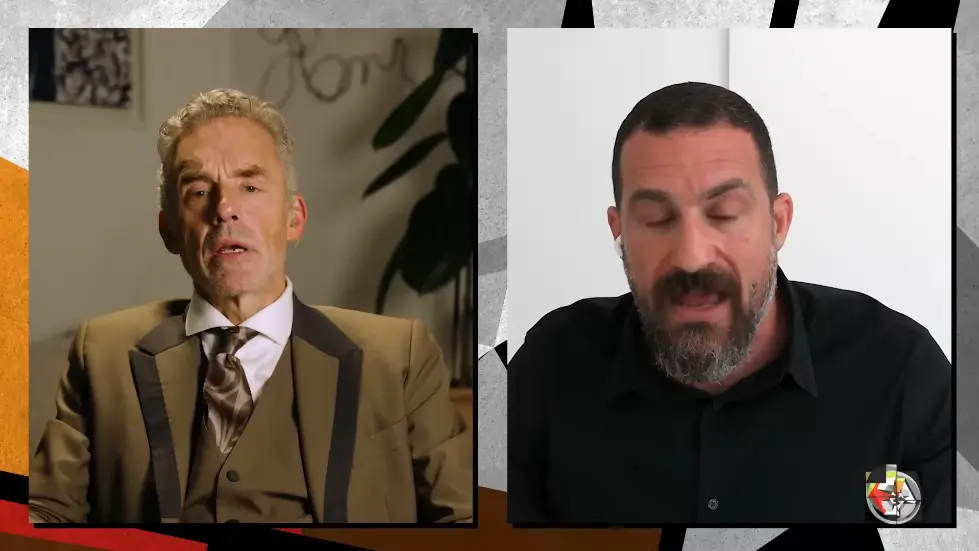
Bonding with oneself through pornography and masturbation
- Bonding with oneself is a complicated notion, and in the absence of a real sexual partner, there is an open loop of neurochemicals, including oxytocin and prolactin.
- The dopamine system depletes after orgasm and ejaculation, leading to a low that people fear and putting them into an a-motivated state.
- Repetitive engagement in pornography and masturbation can lead to addiction and eventually deplete the dopamine system.
- Consumption of energy drinks can also lead to a stacking of dopaminergic tools.
- Healthy sexual behavior, food, and social engagement can release dopamine and are not entirely harmful.
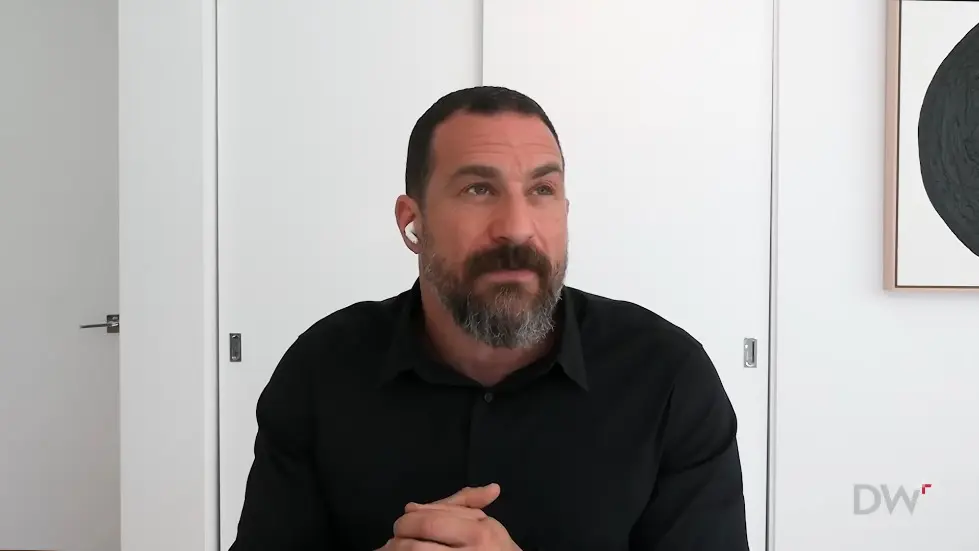
The relationship between anxiety and exploratory behavior
- Anxiety and exploratory behavior are inversely related.
- Exploratory behavior is associated with dopamine release and can help alleviate anxiety.
- Chronic stress can lead to a decrease in exploratory behavior and dopamine release.
- Exposure to novel environments and experiences can increase exploratory behavior and dopamine release.
- Exposure therapy can help alleviate anxiety by increasing exploratory behavior and dopamine release.
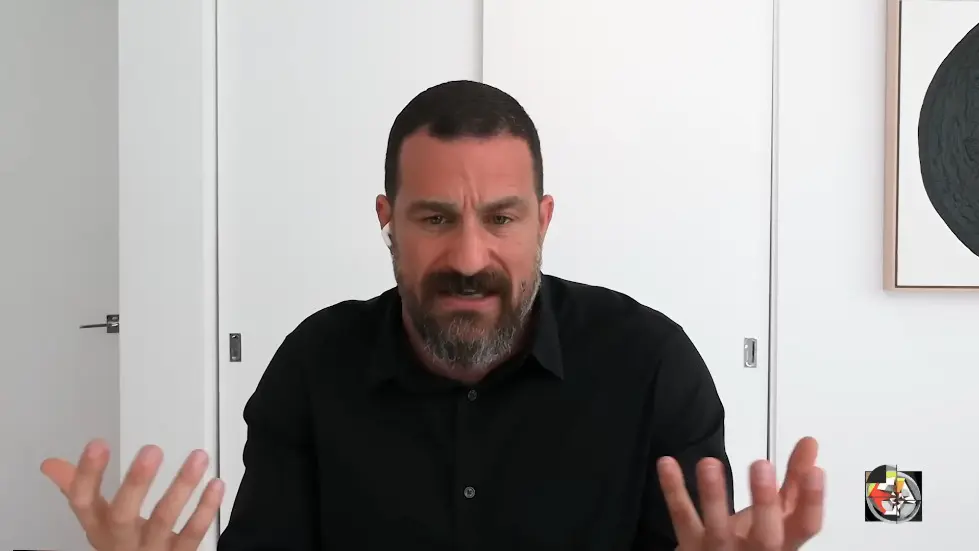
The role of dopamine in reward and reinforcement
- Dopamine is released in response to reward and reinforcement.
- It reinforces behaviors that were right prior to the reward or reinforcement.
- Drugs of abuse and addiction initially lead to a huge dopamine surge, but over time, they deplete the dopamine system.
- Low dopamine levels can lead to an a-motivated state and a decrease in exploratory behavior.
- Exposure to novel environments and experiences can increase dopamine release and exploratory behavior.

The Relationship Between Dopamine and Affluence
- Dopaminergic peaks that are not associated with prior effort or organization of self are particularly dangerous for humans.
- Children of wealthy people who are overindulged are not optimally deprived.
- Optimal deprivation is a killer issue for an affluent society.
- Rats in their natural environments won't bar press for cocaine because they have alternative sources of dopamine energy gratification.
- Children of wealthy people who are overindulged are a sad sight.
- Affluence is a cardinal danger of addiction to drugs like cocaine.
Watch the video on YouTube:
Neuroscience Meets Psychology | Dr. Andrew Huberman | EP 296 Dr Jordan B Peterson - YouTube
Read also:
- Sam Altman: OpenAI CEO on GPT-4, ChatGPT, and the Future of AI | Lex Fridman Podcast #367 (mindbrave.com)
- Alex Hormozi with Tom Bilyeu (Impact Theory) - How The 1% BUILD WEALTH (Copy These Millionaire Habits) (mindbrave.com)
- Jordan Peterson - John Stossel - The FULL Interview (mindbrave.com)
